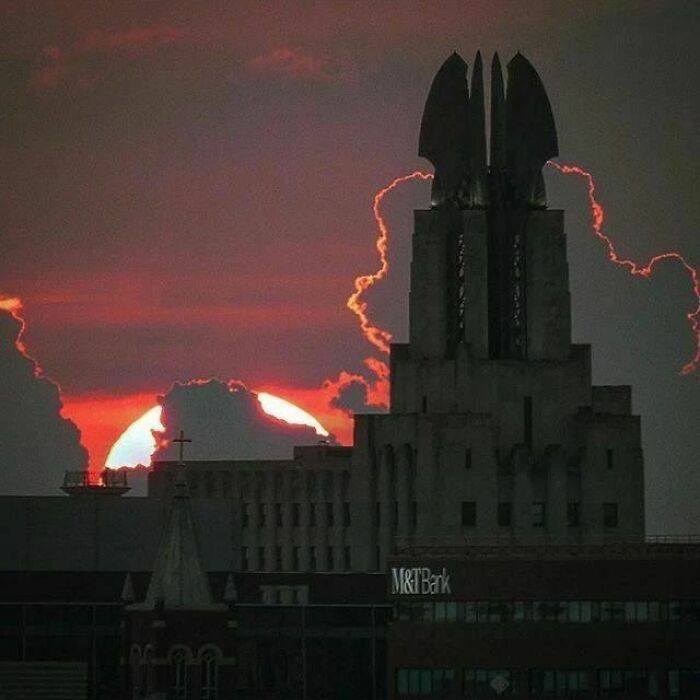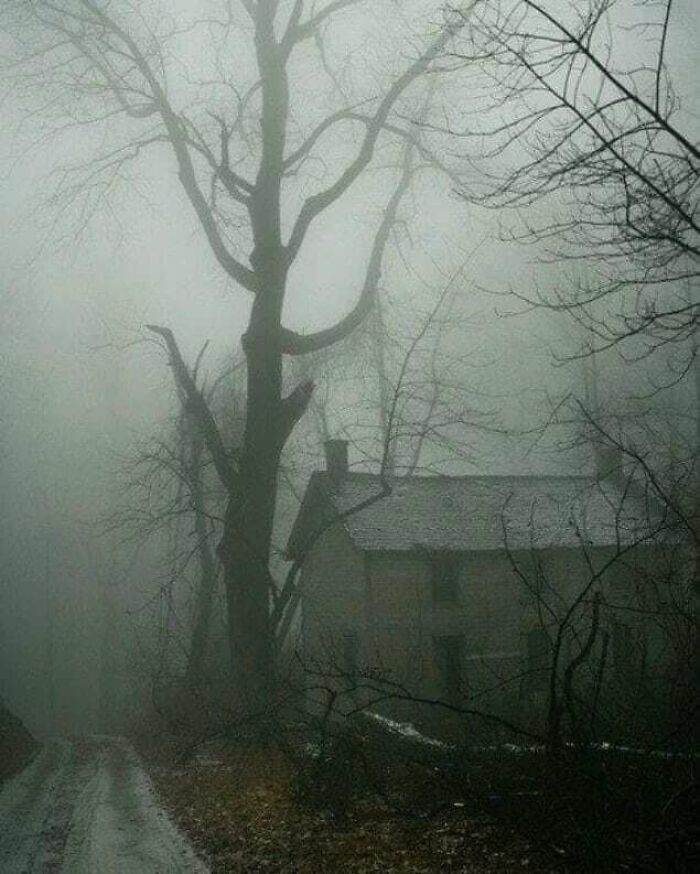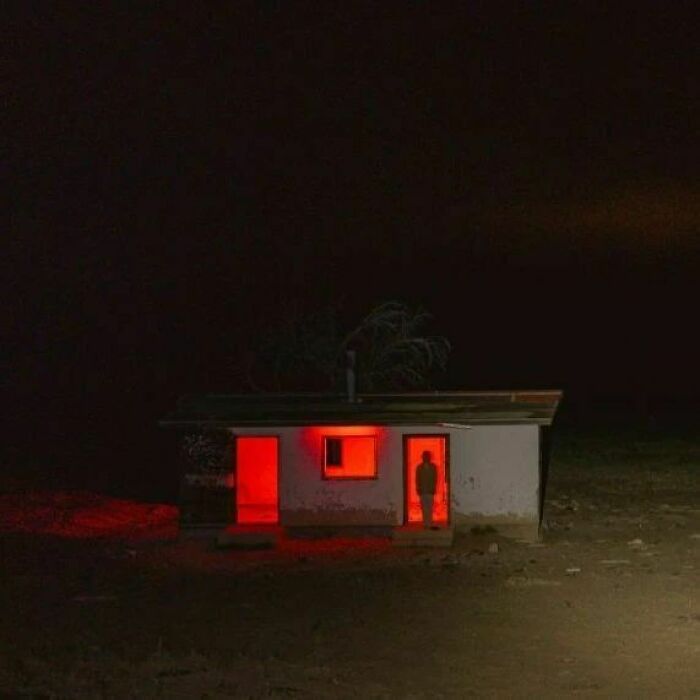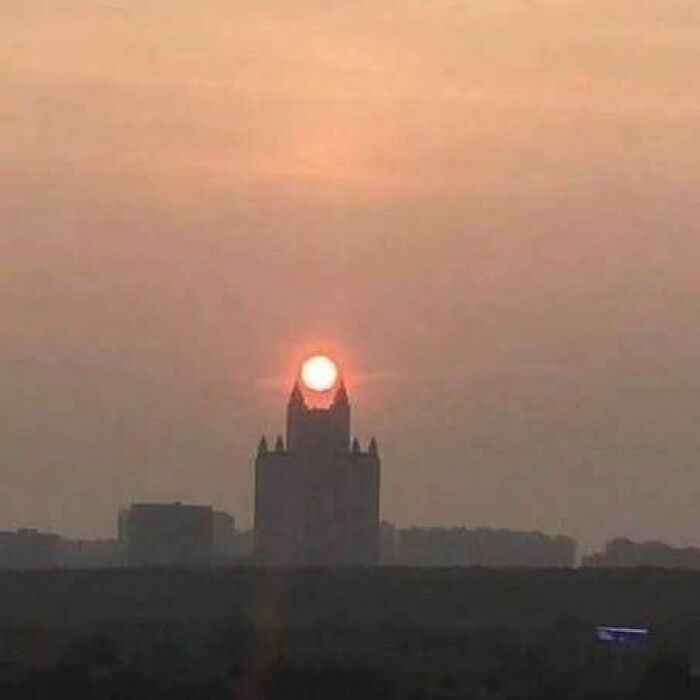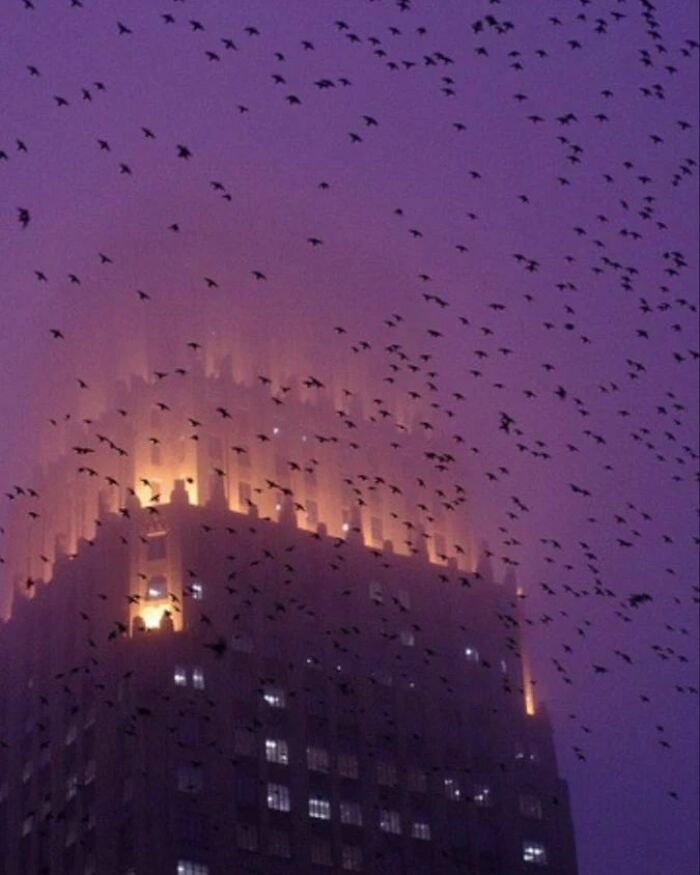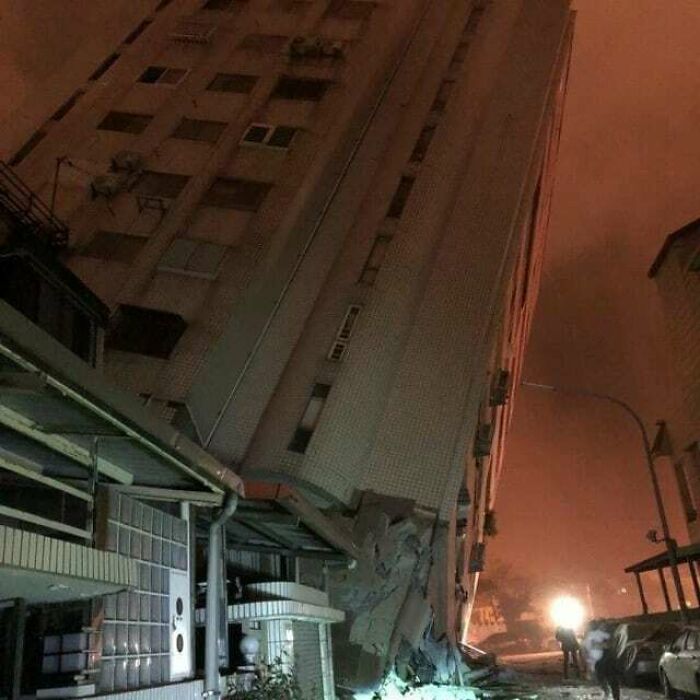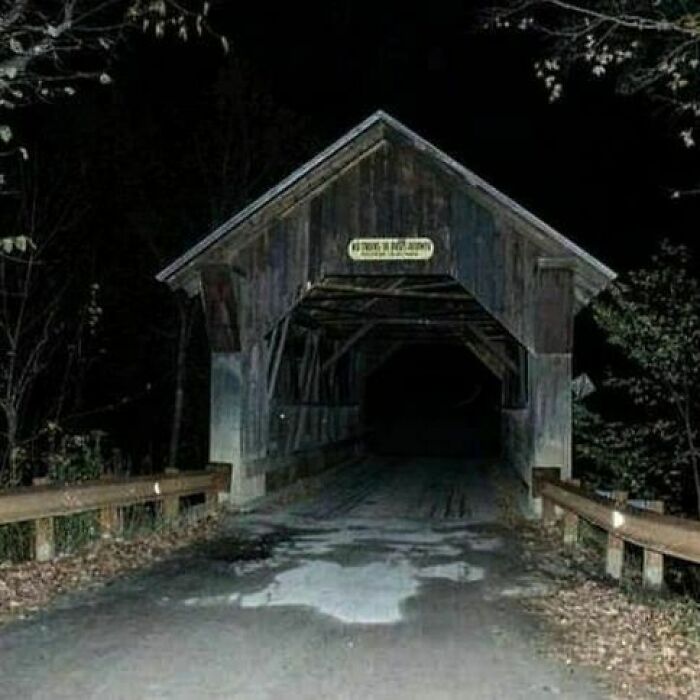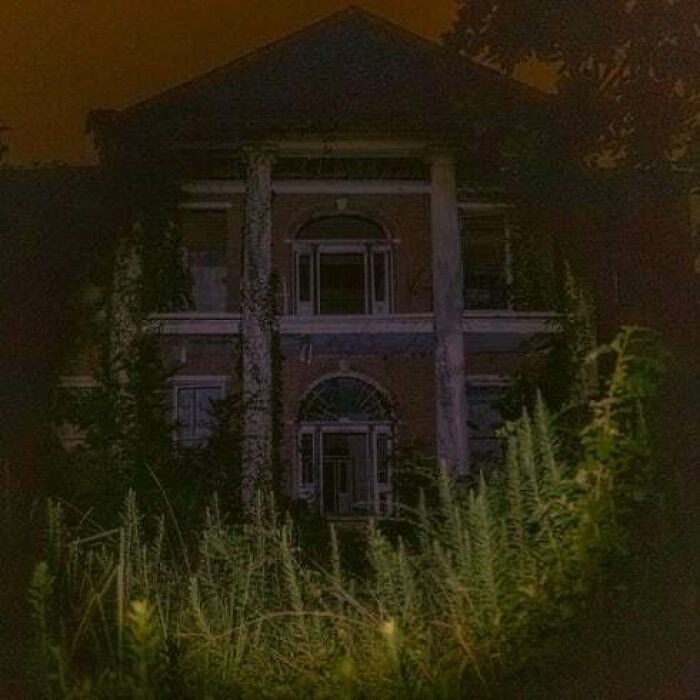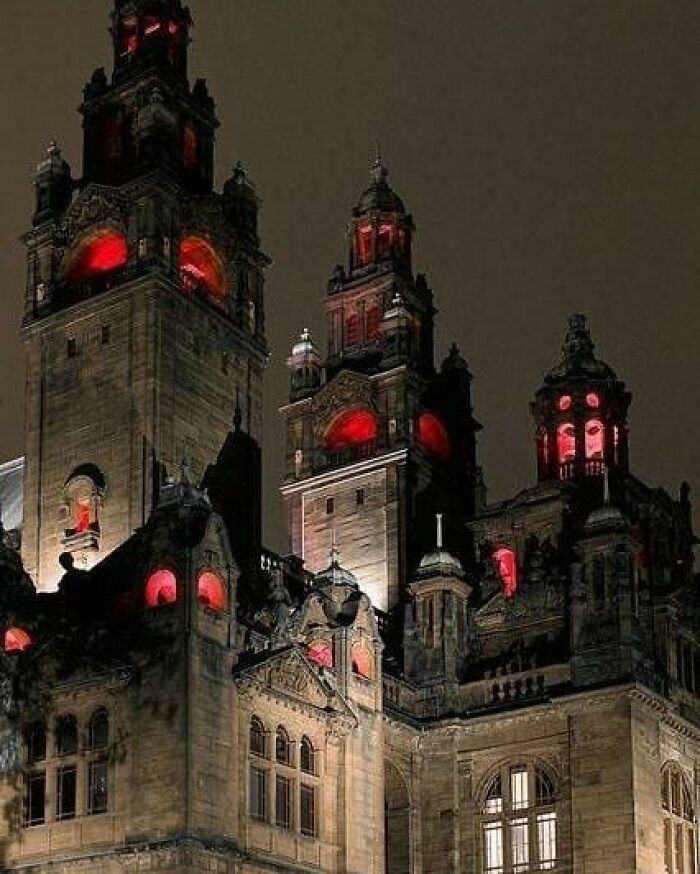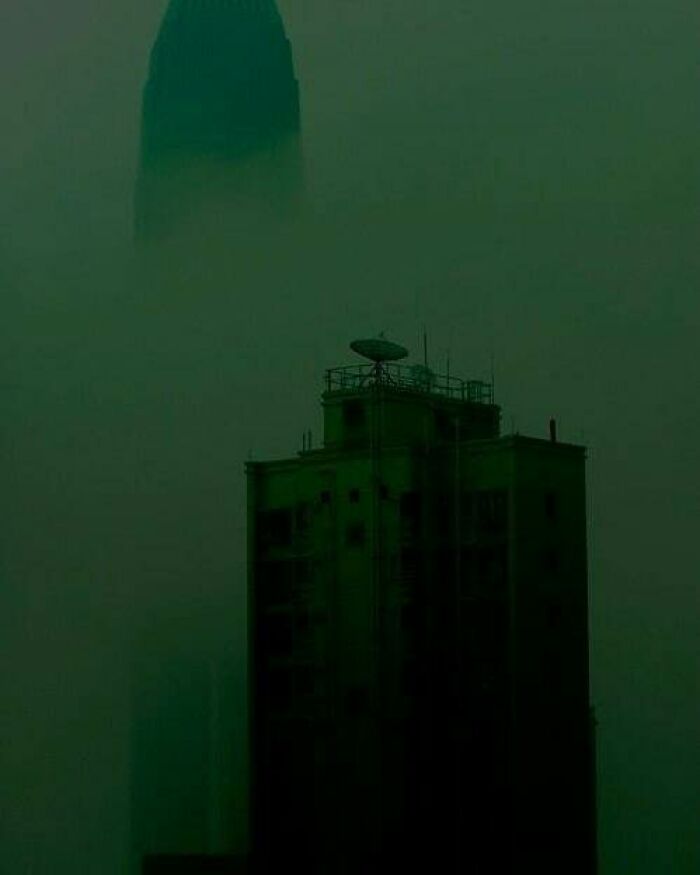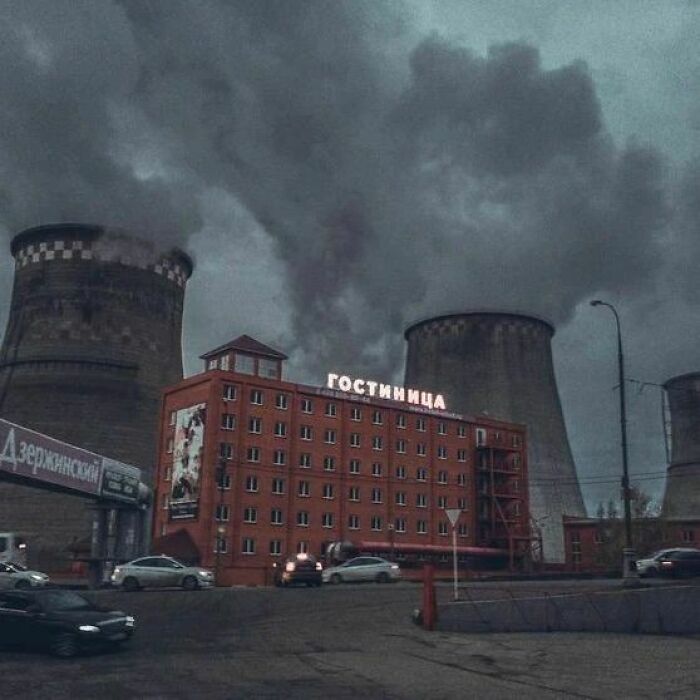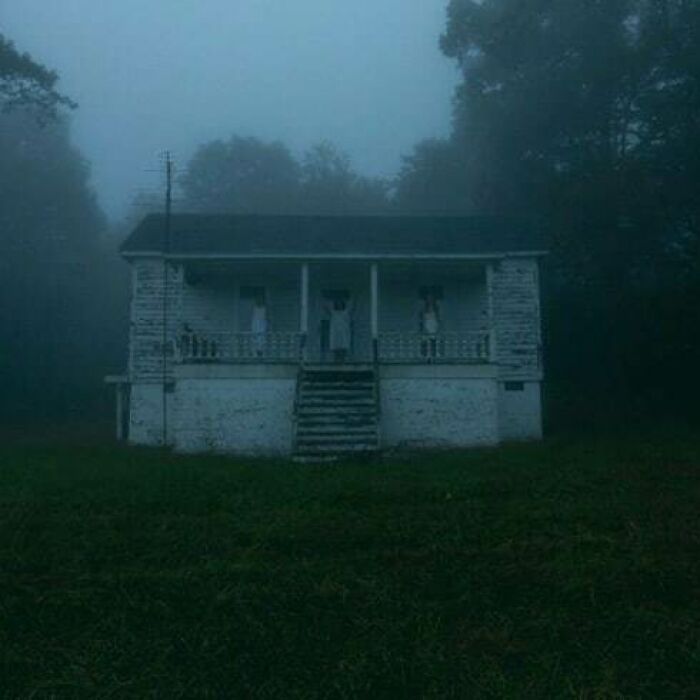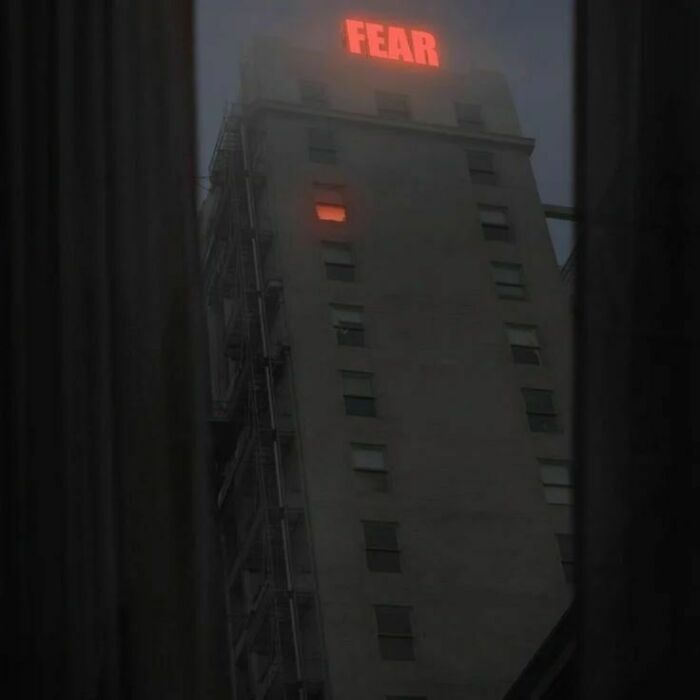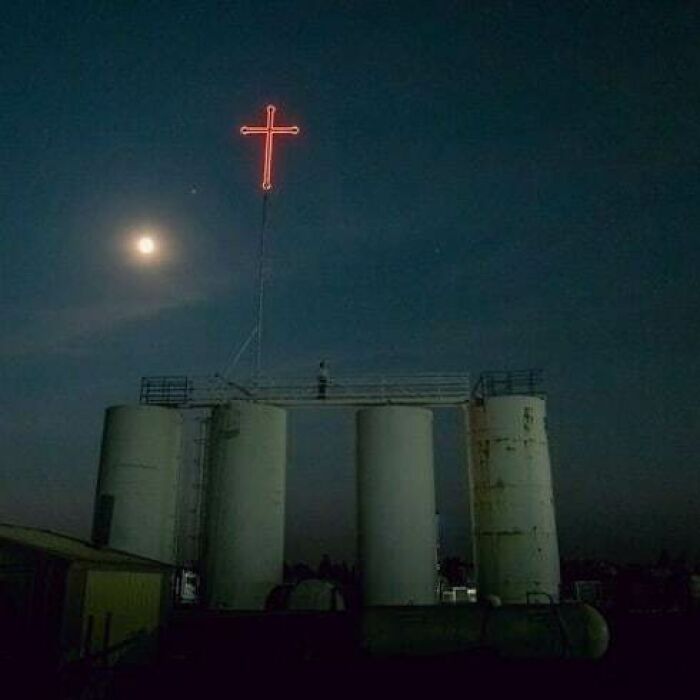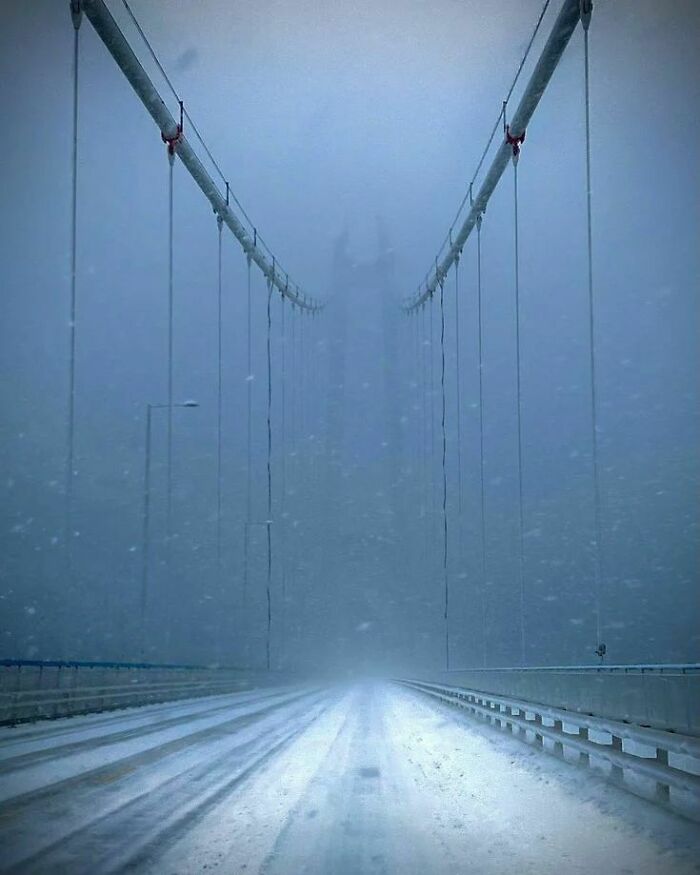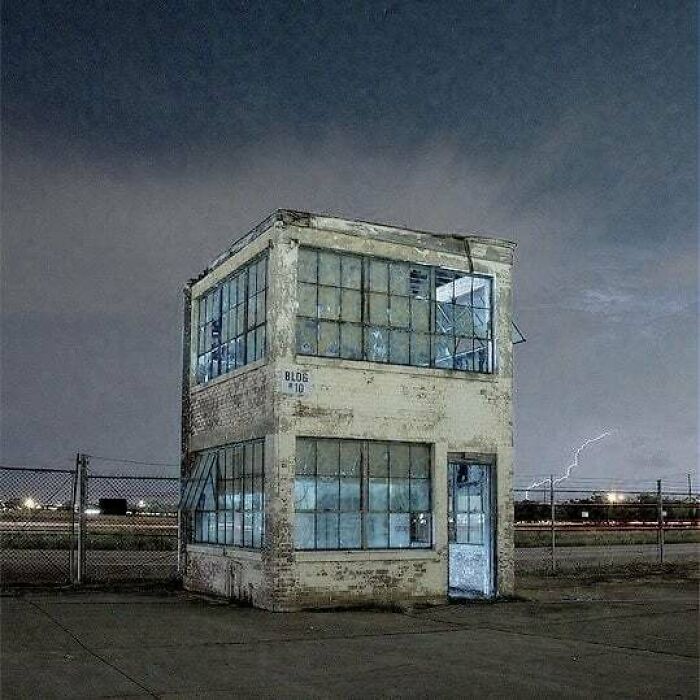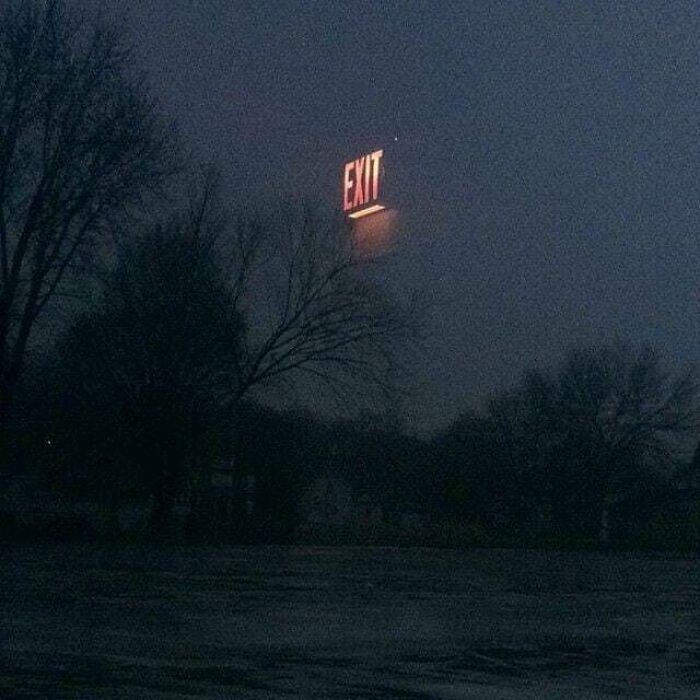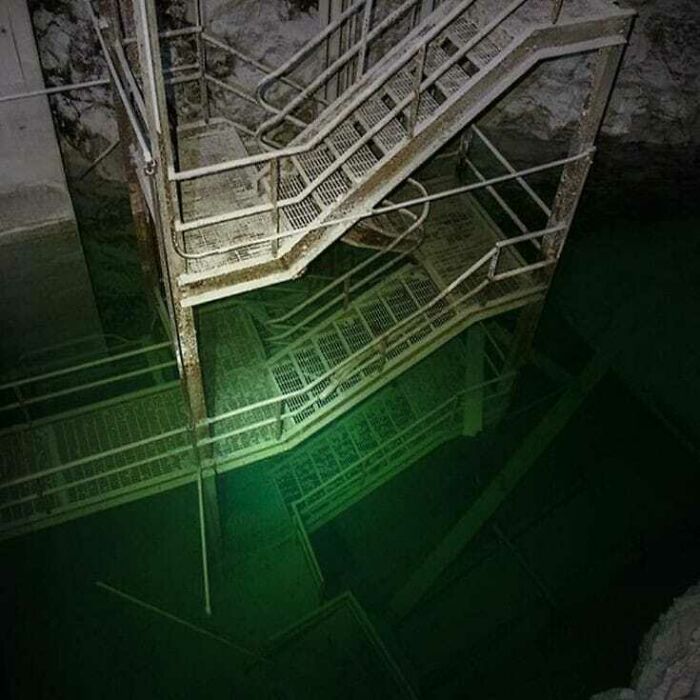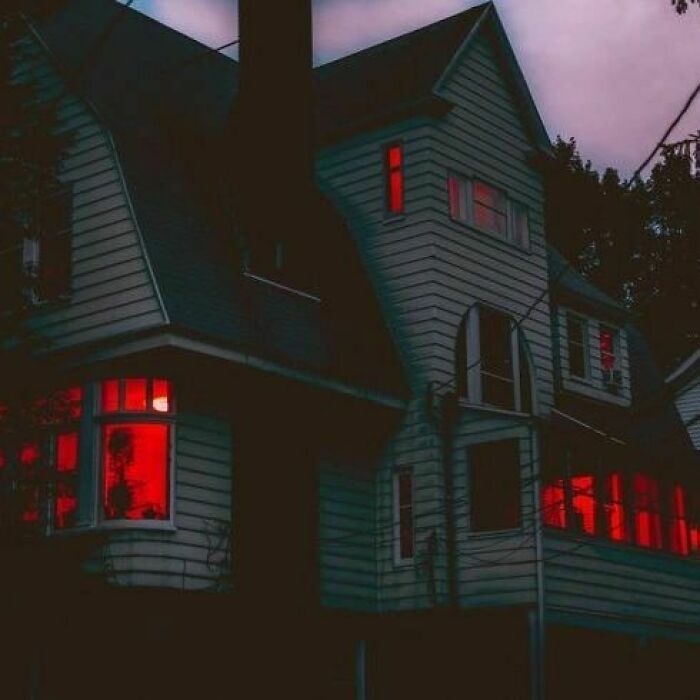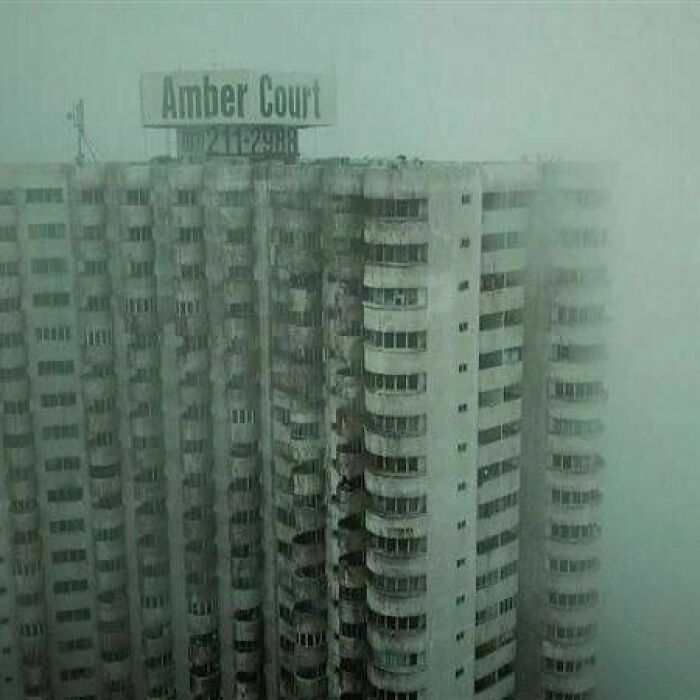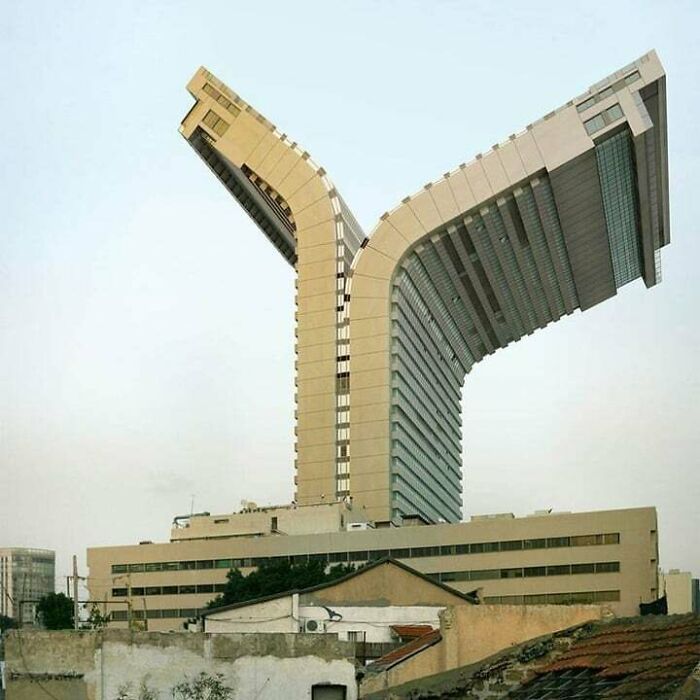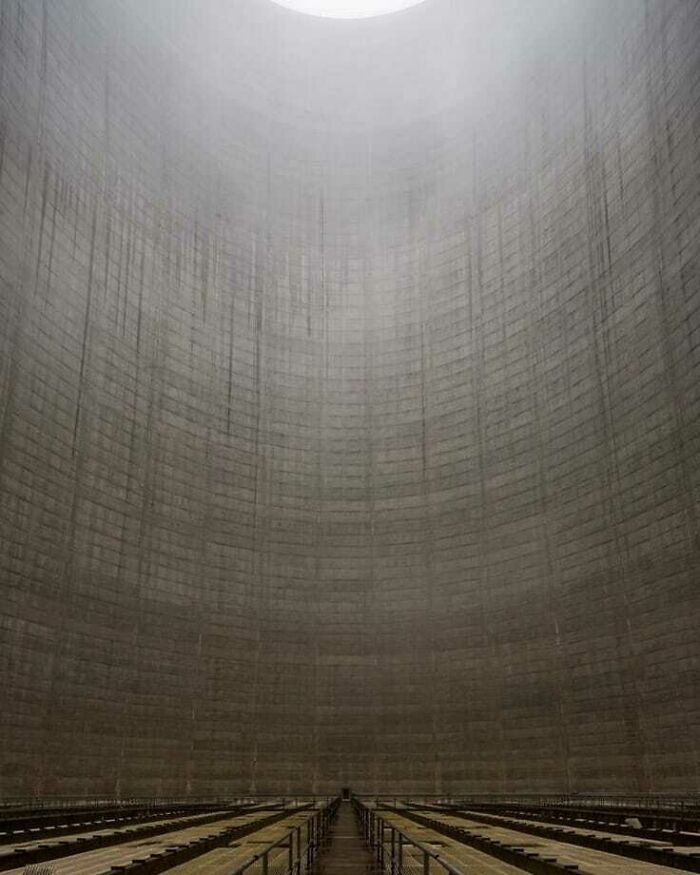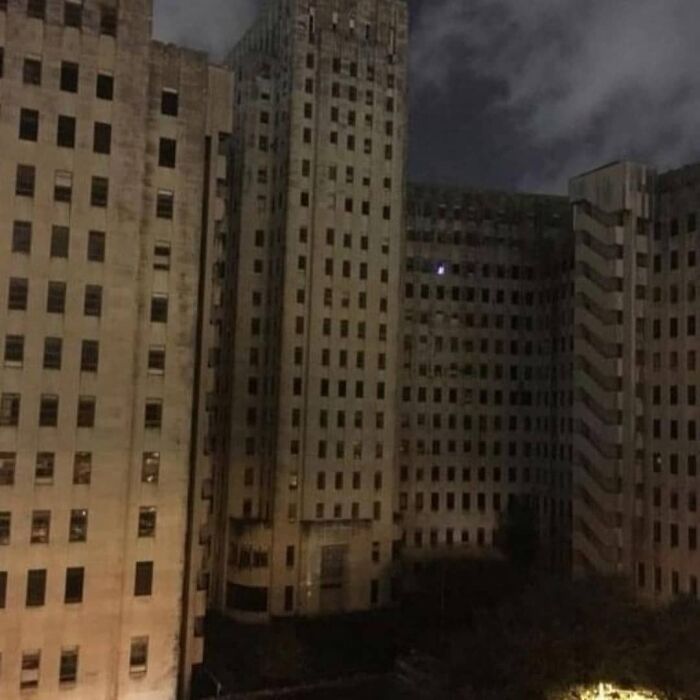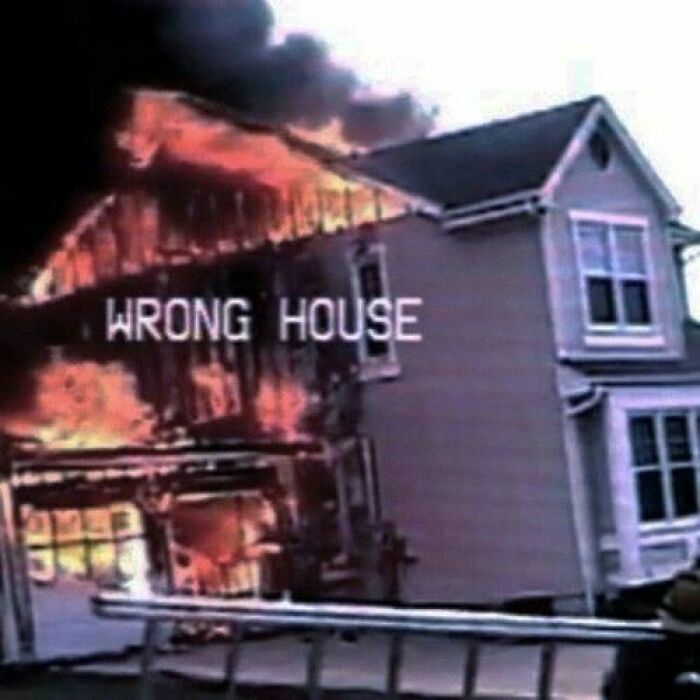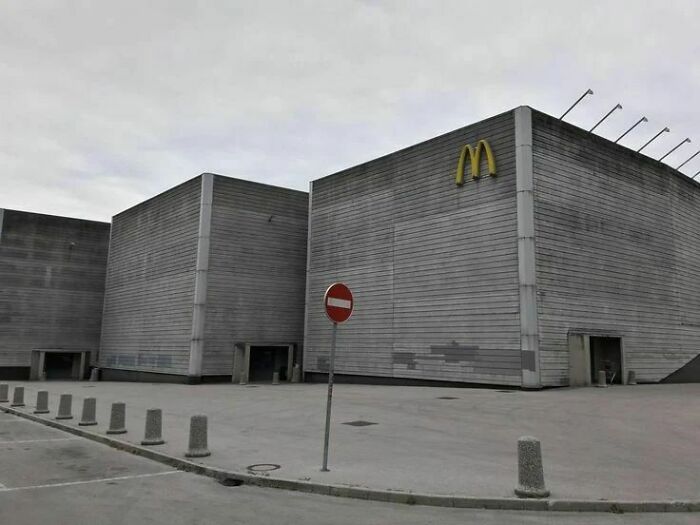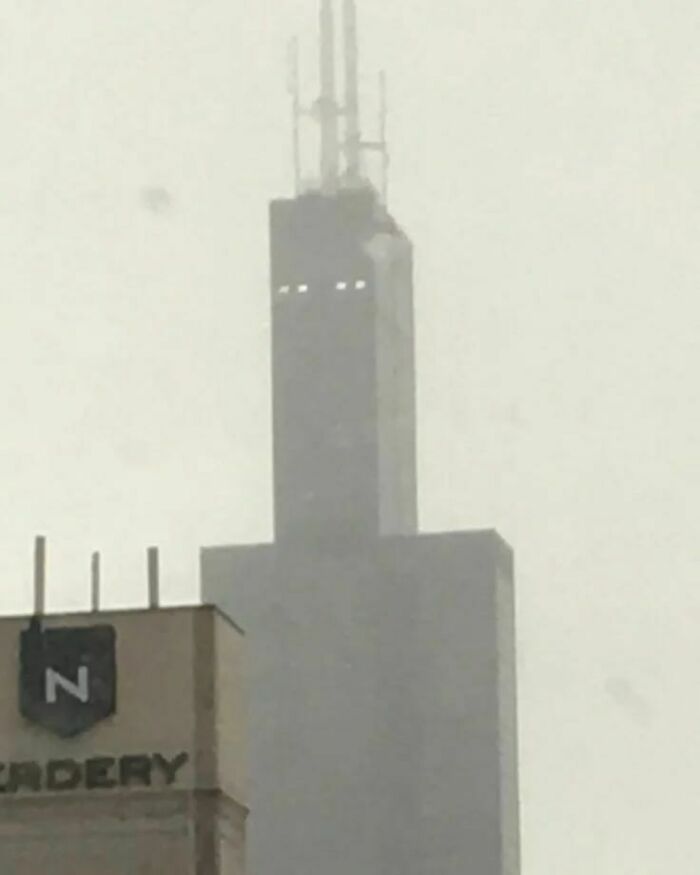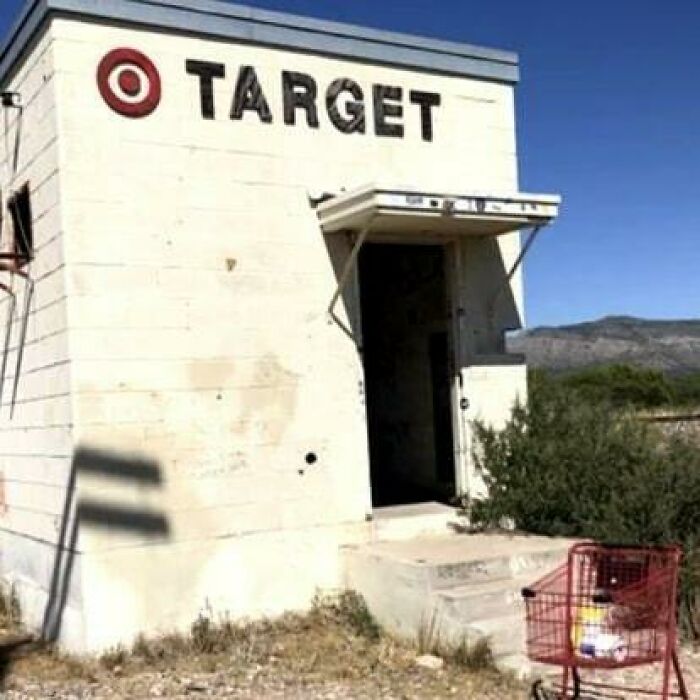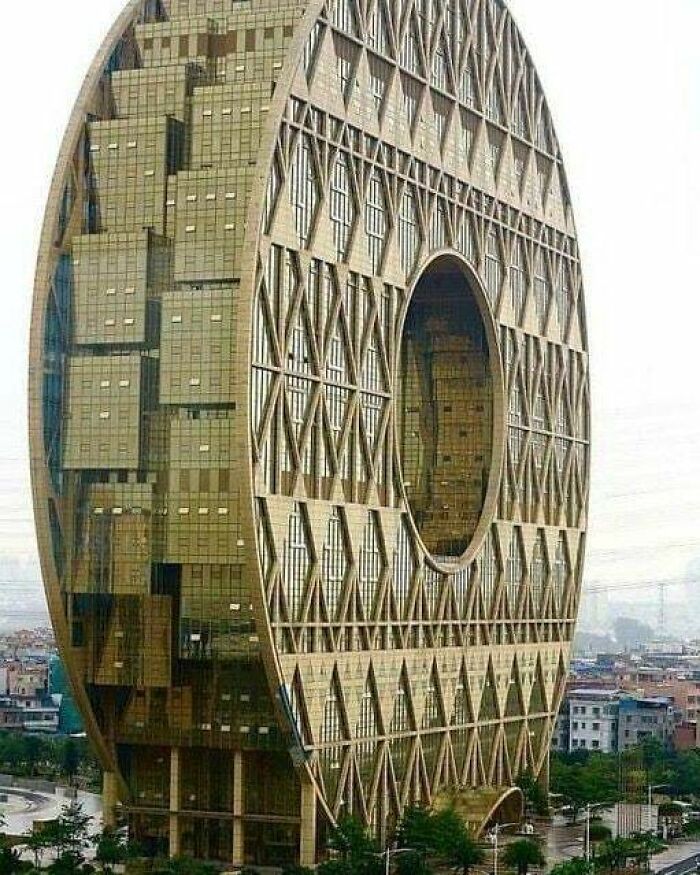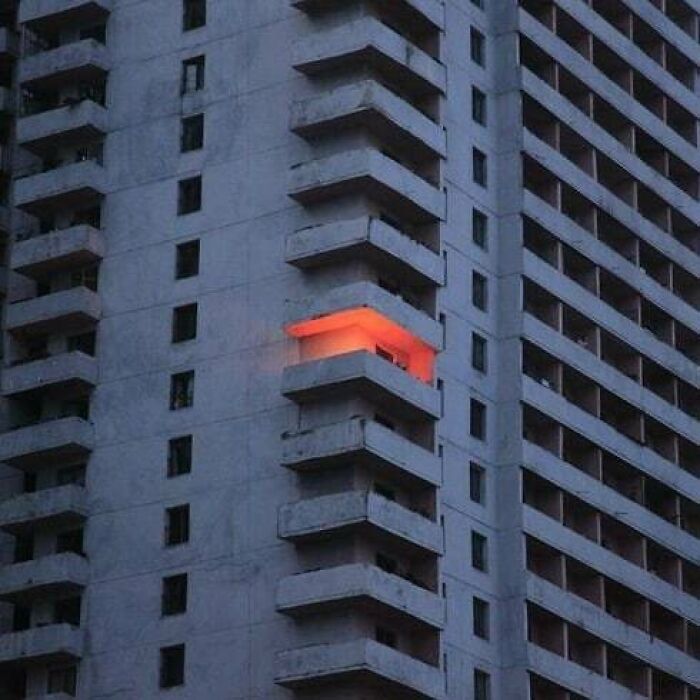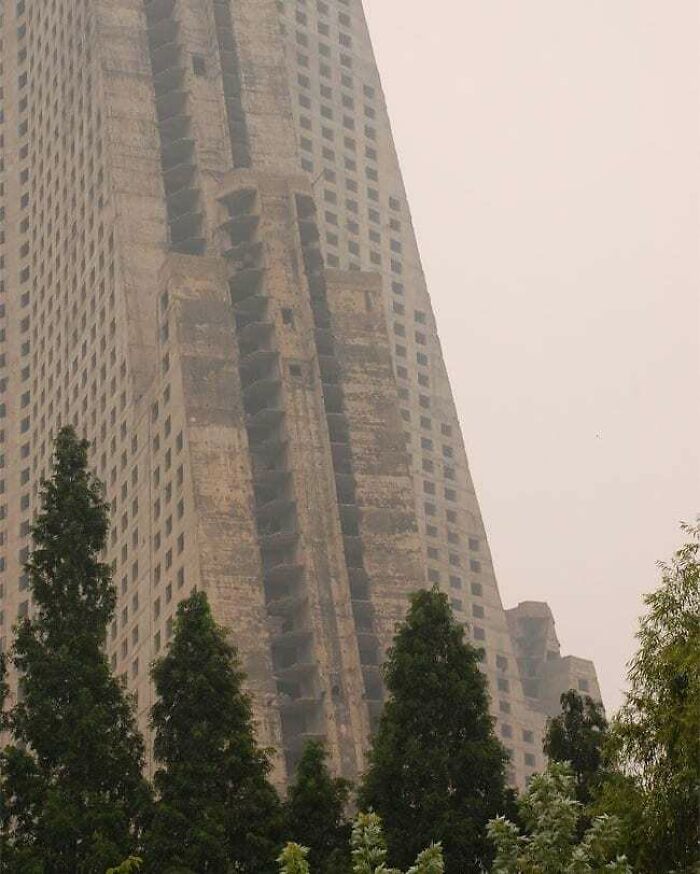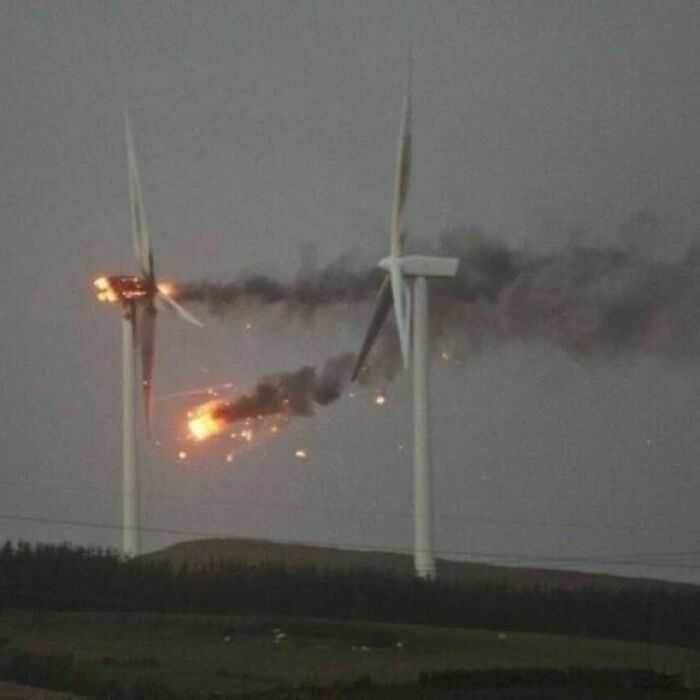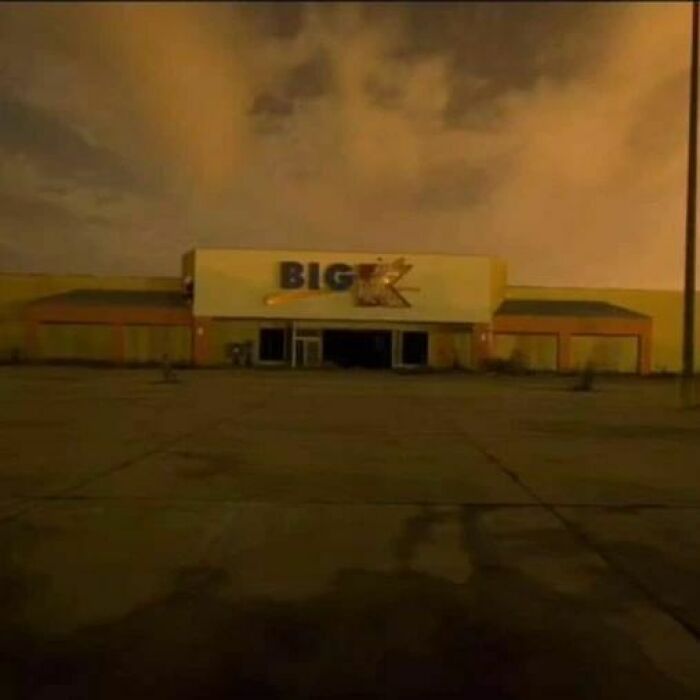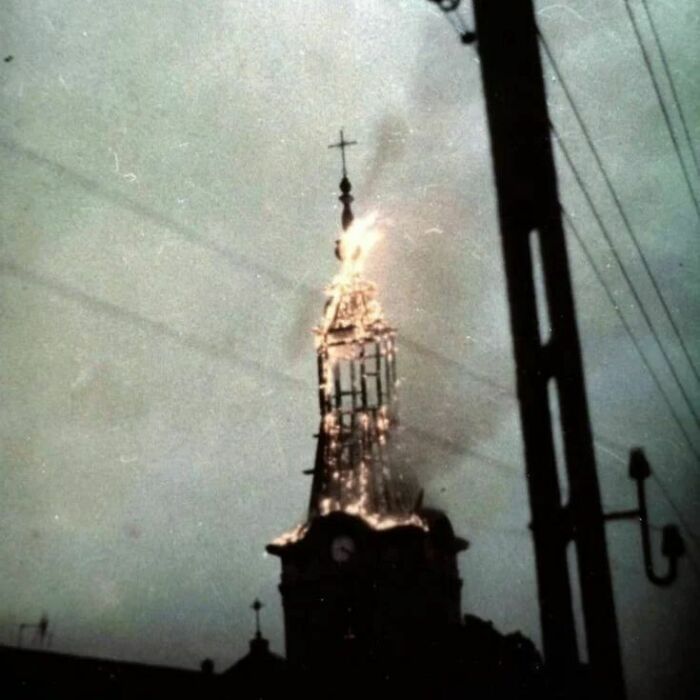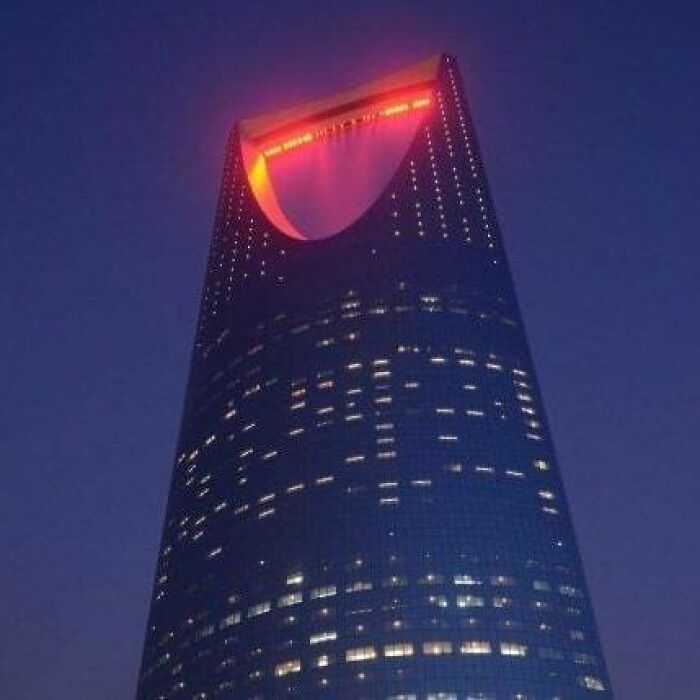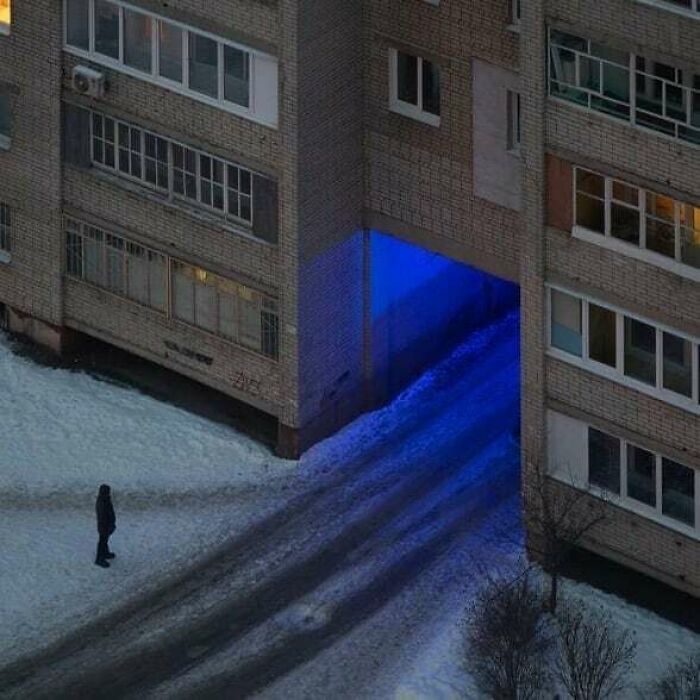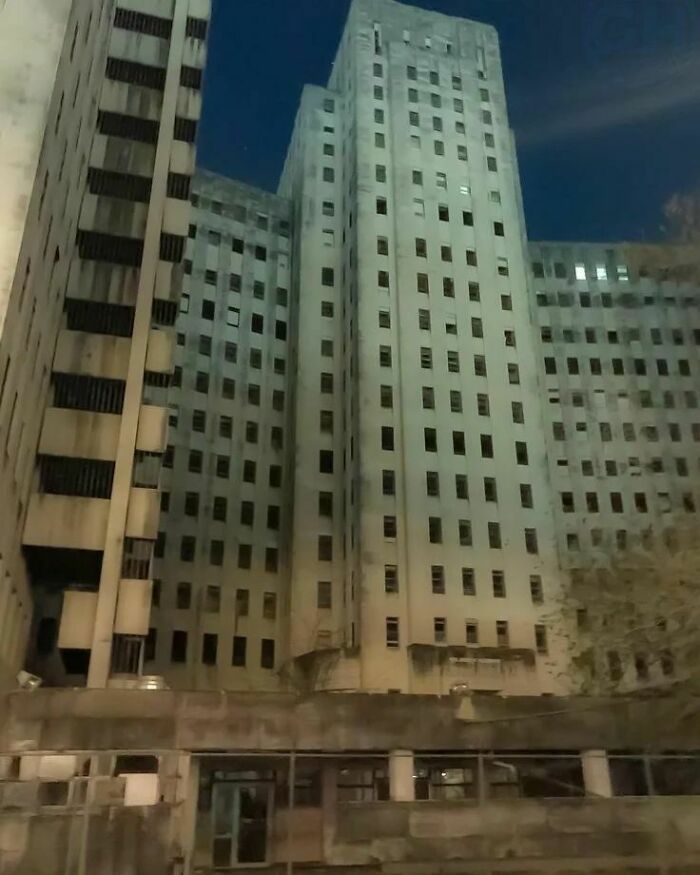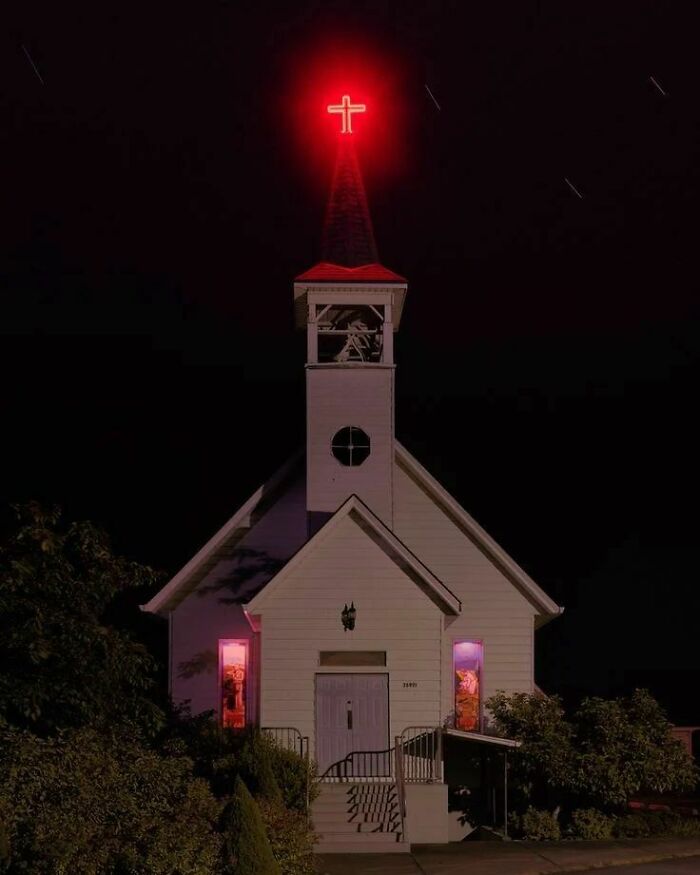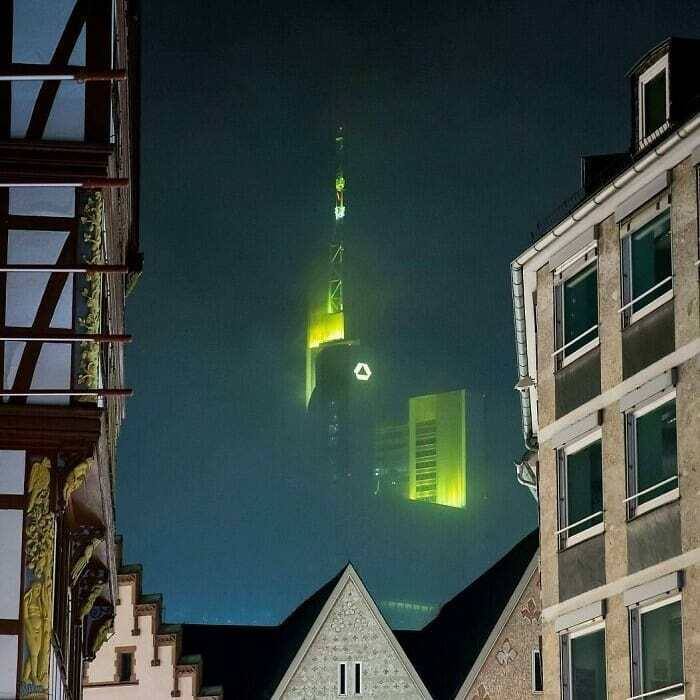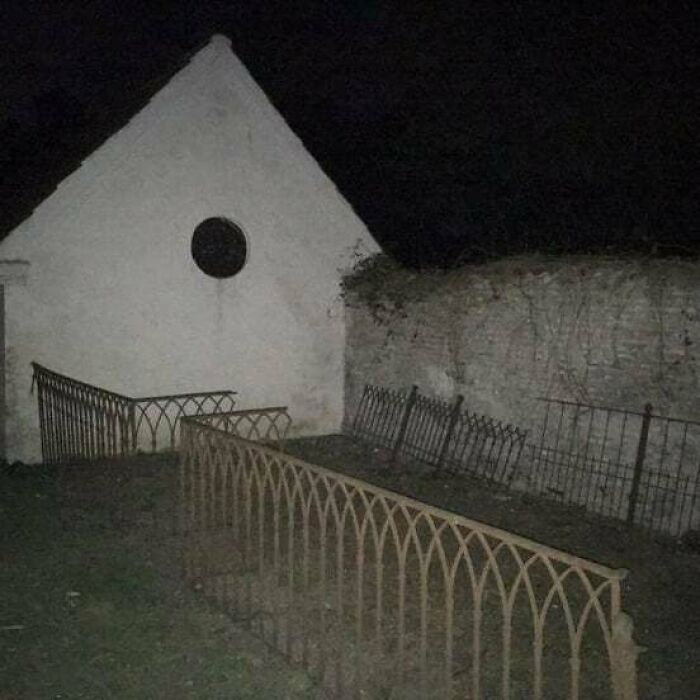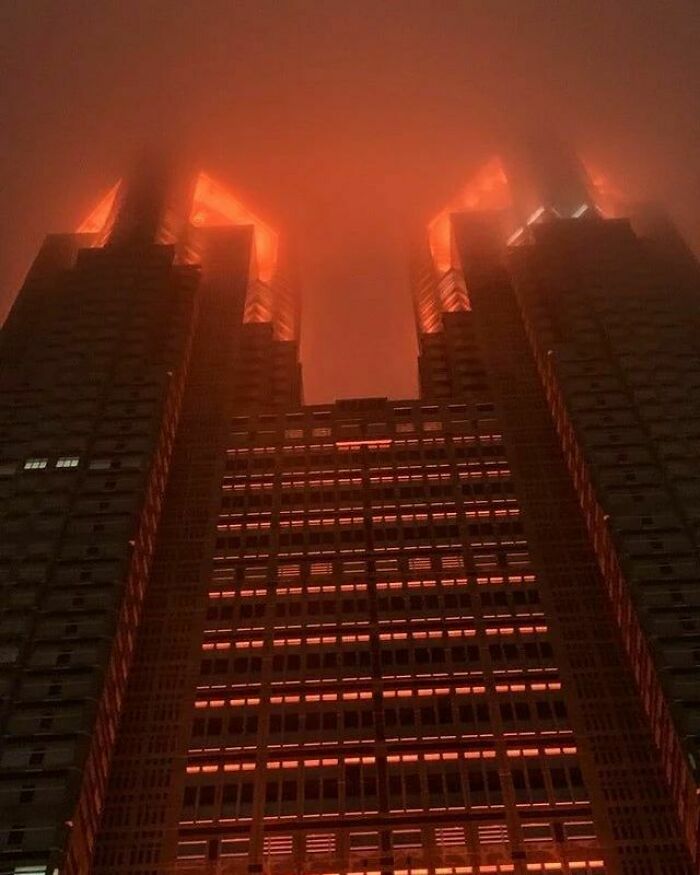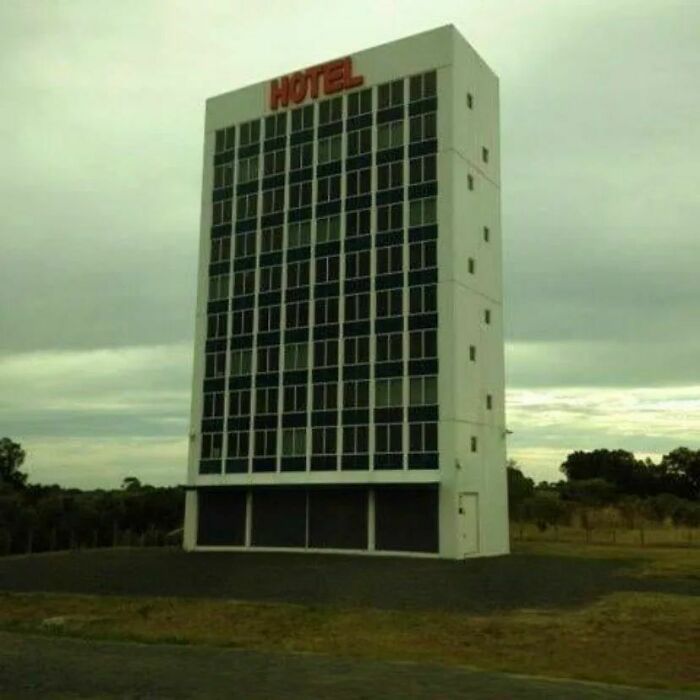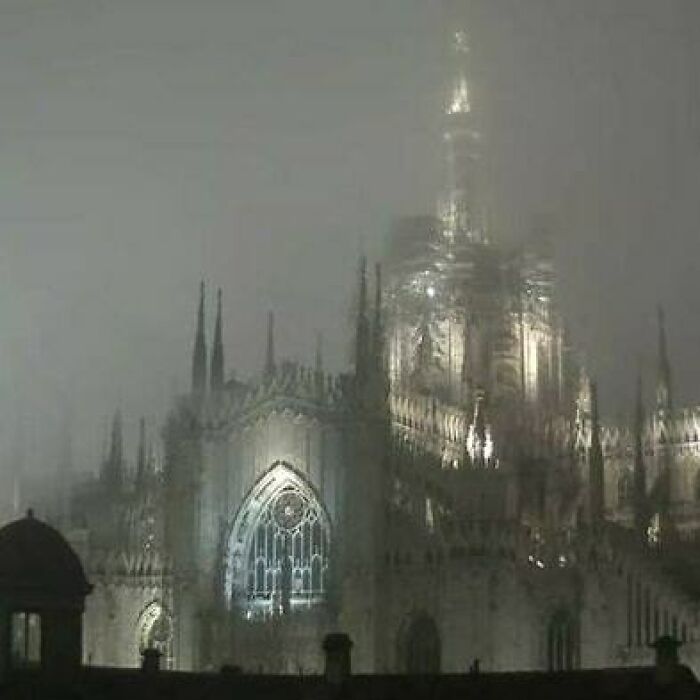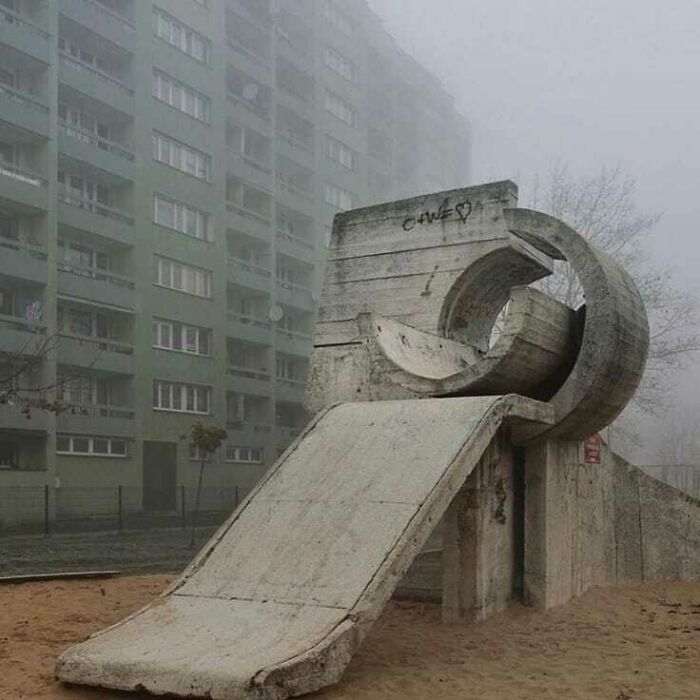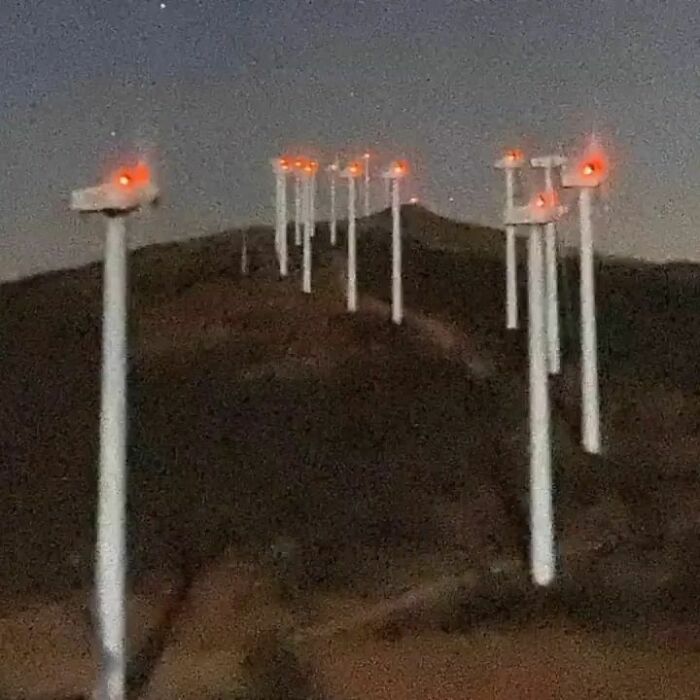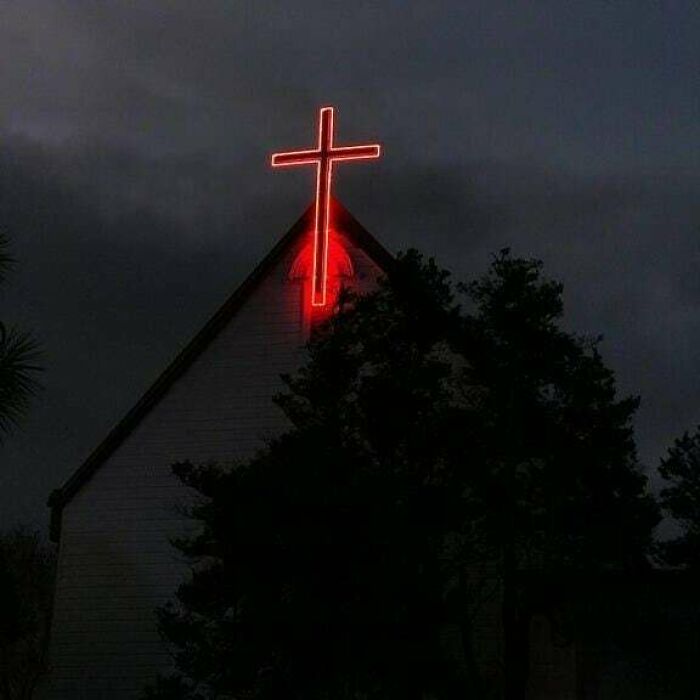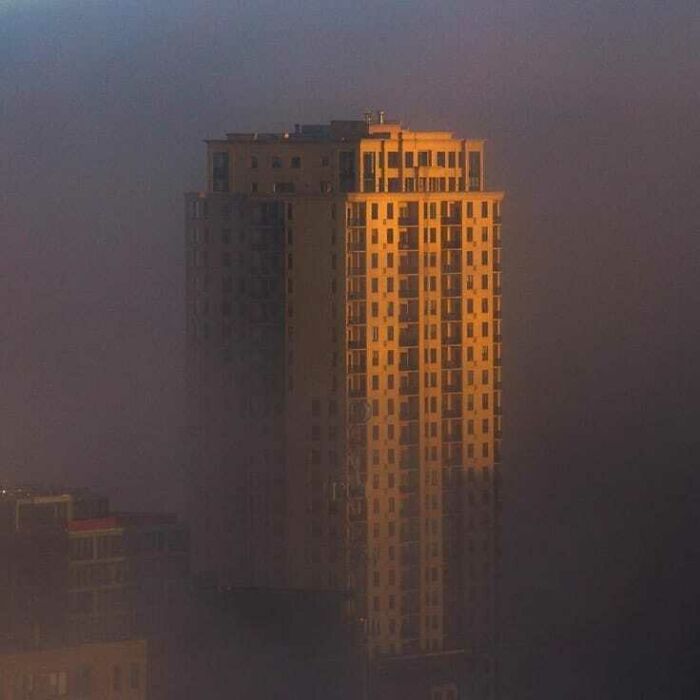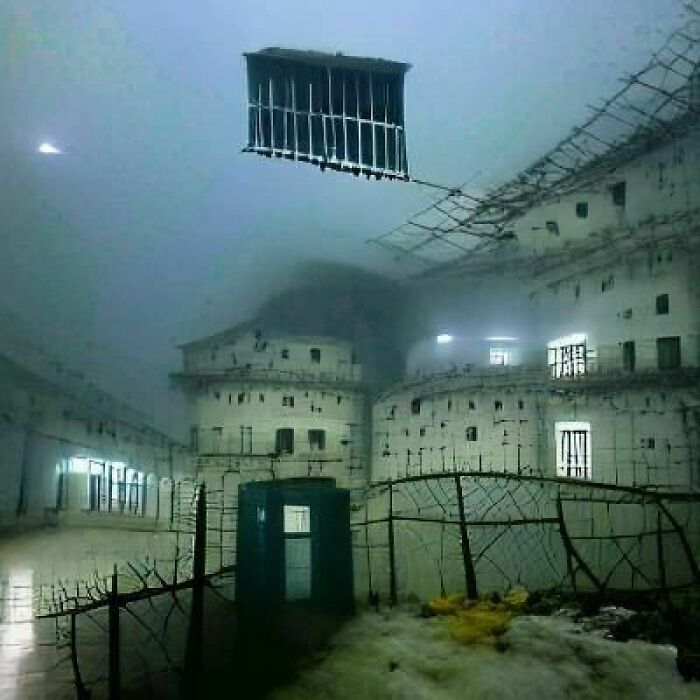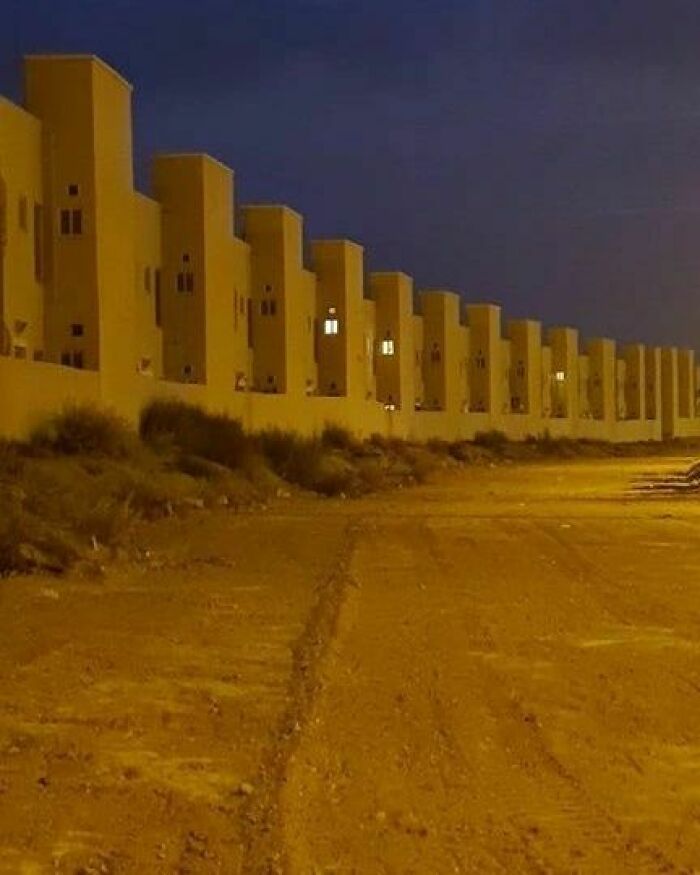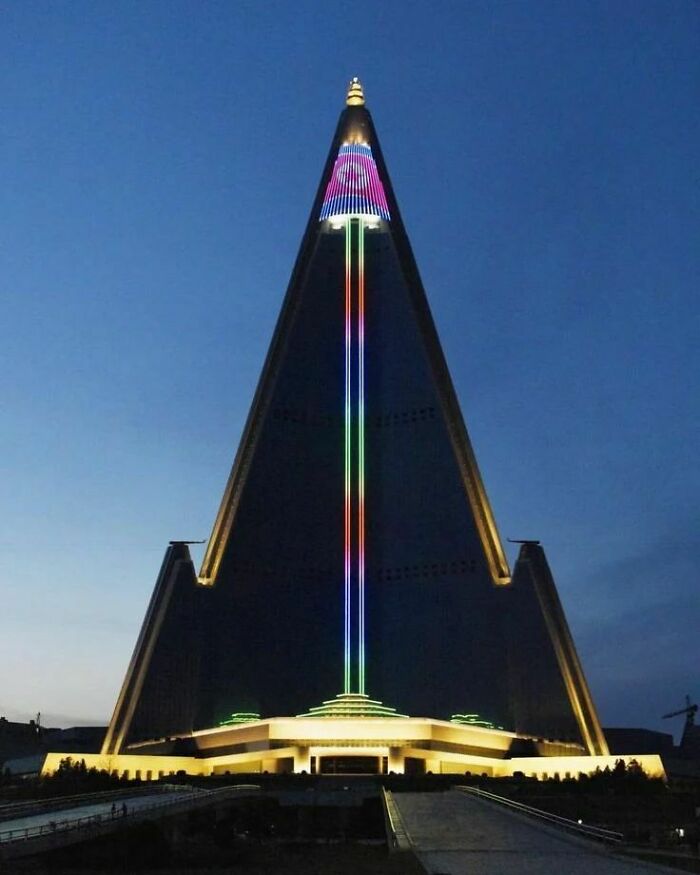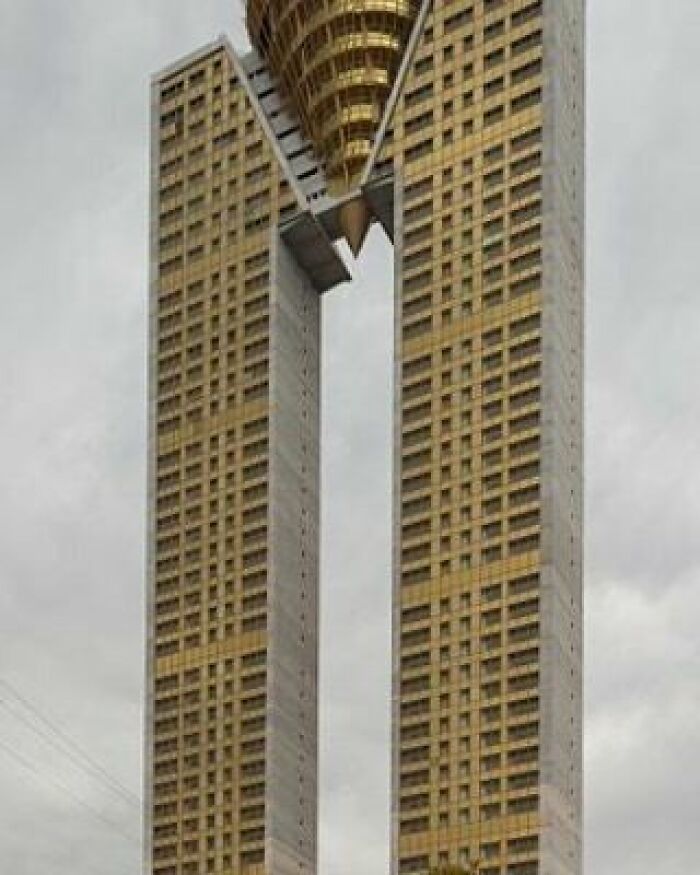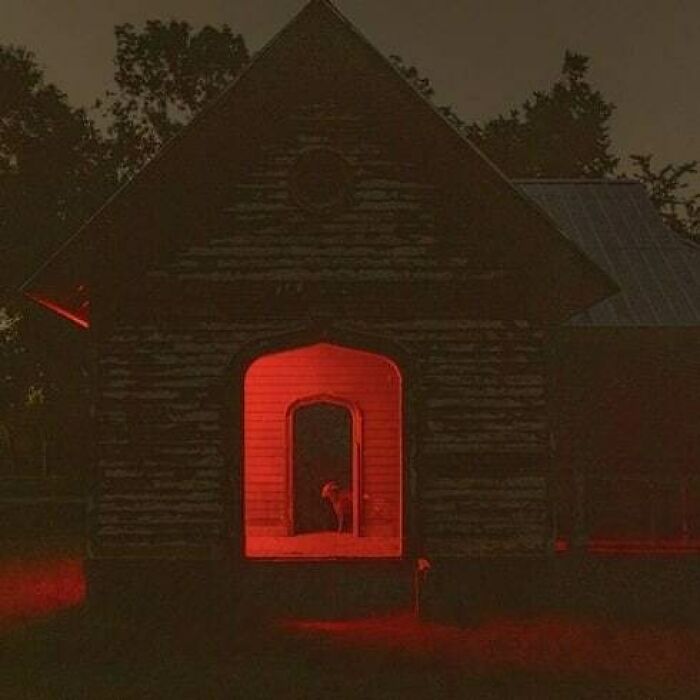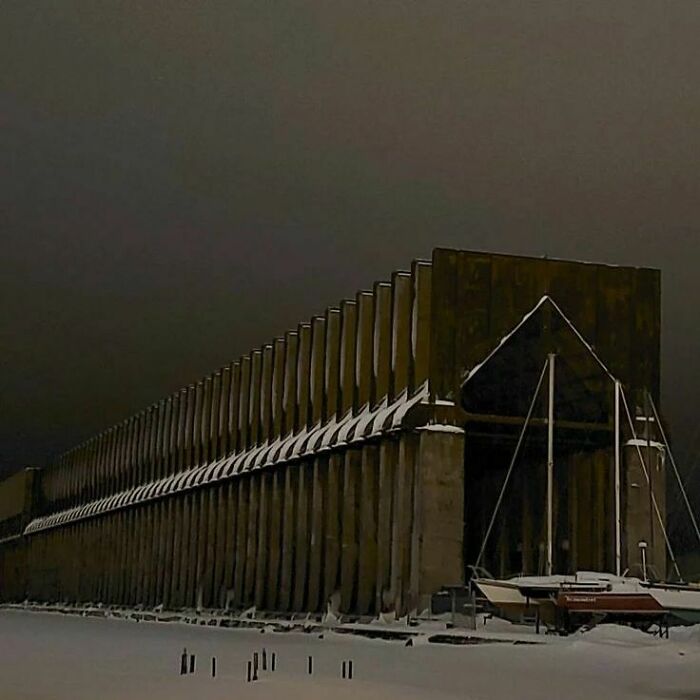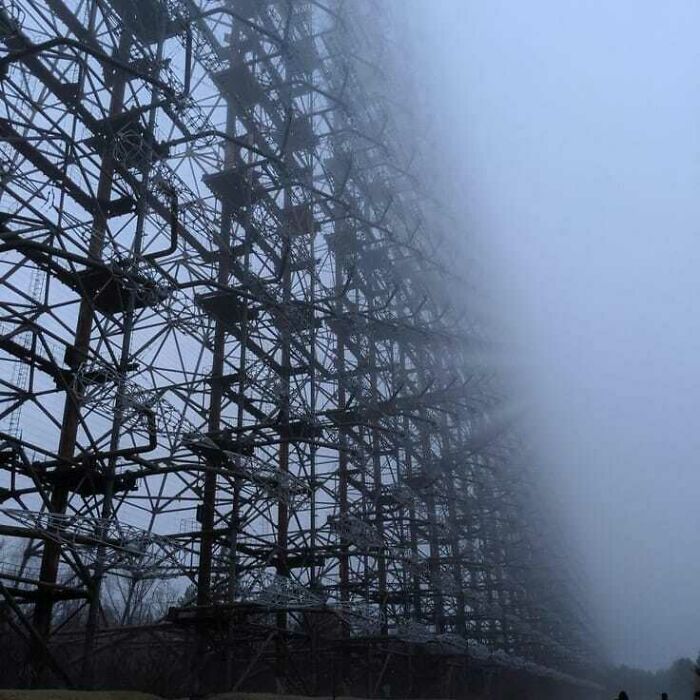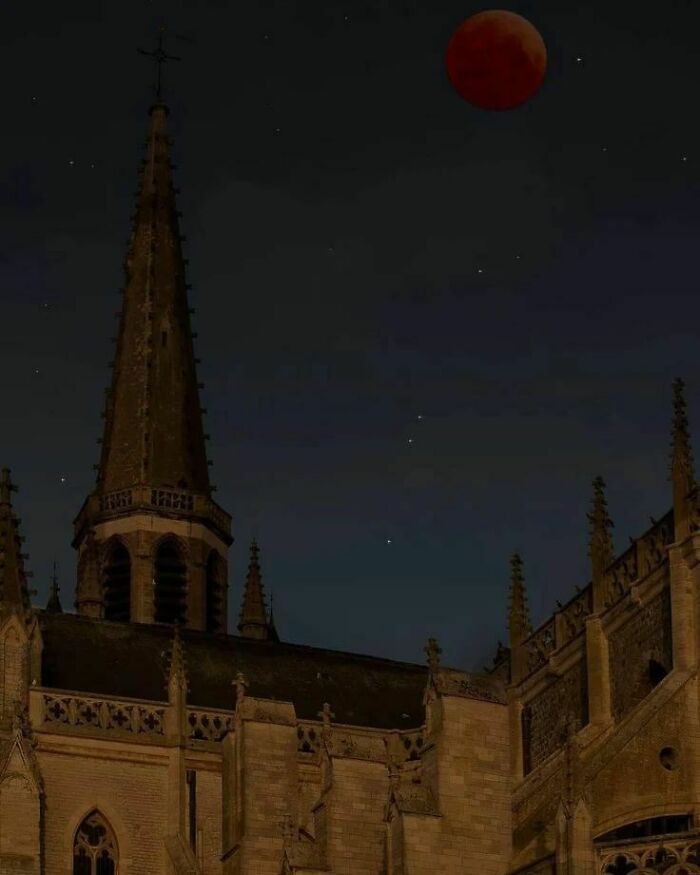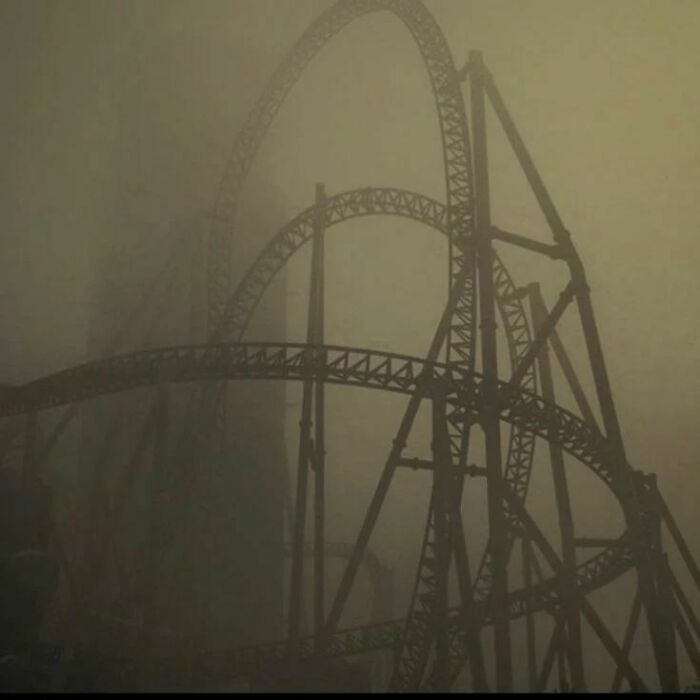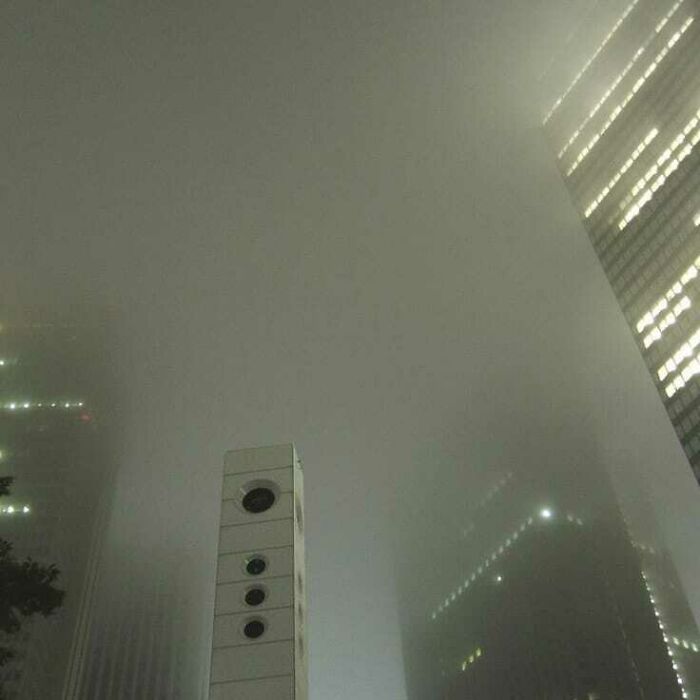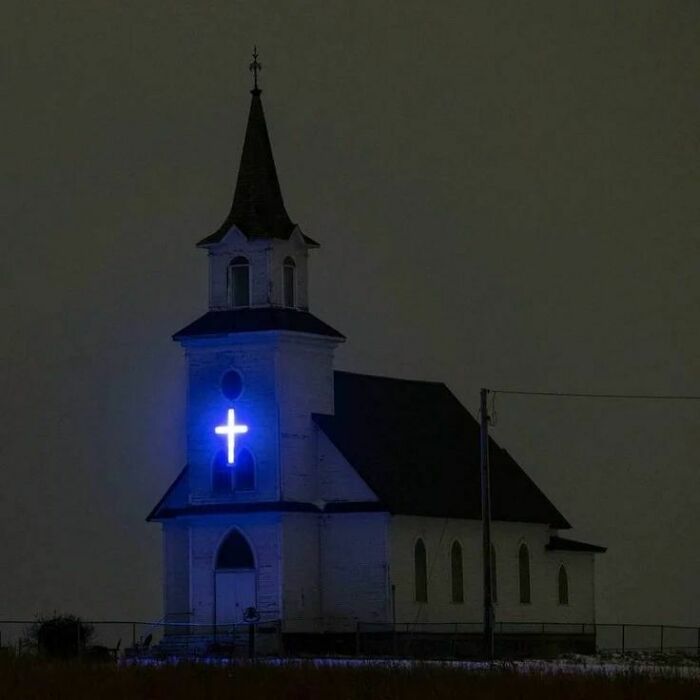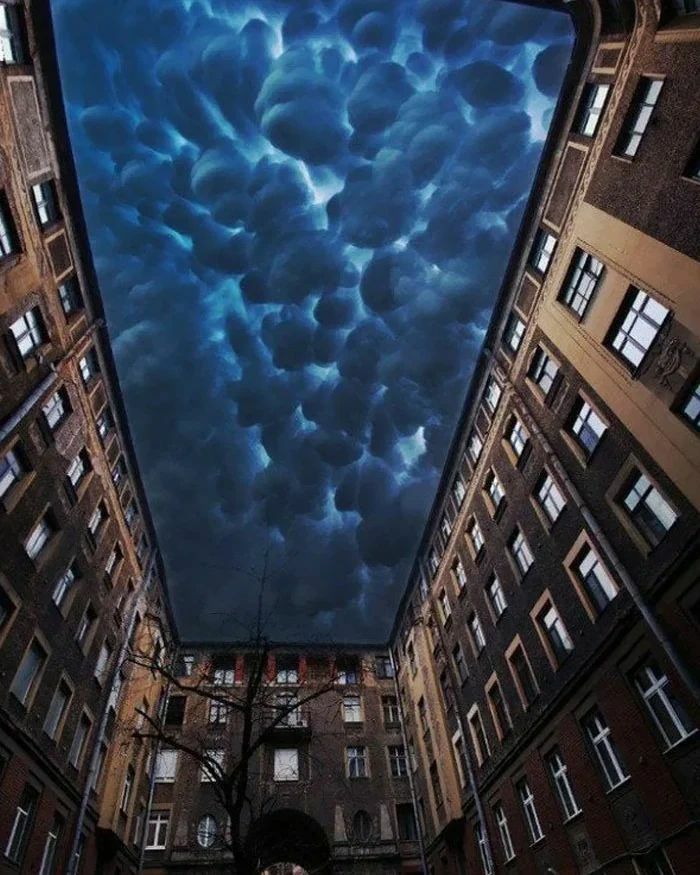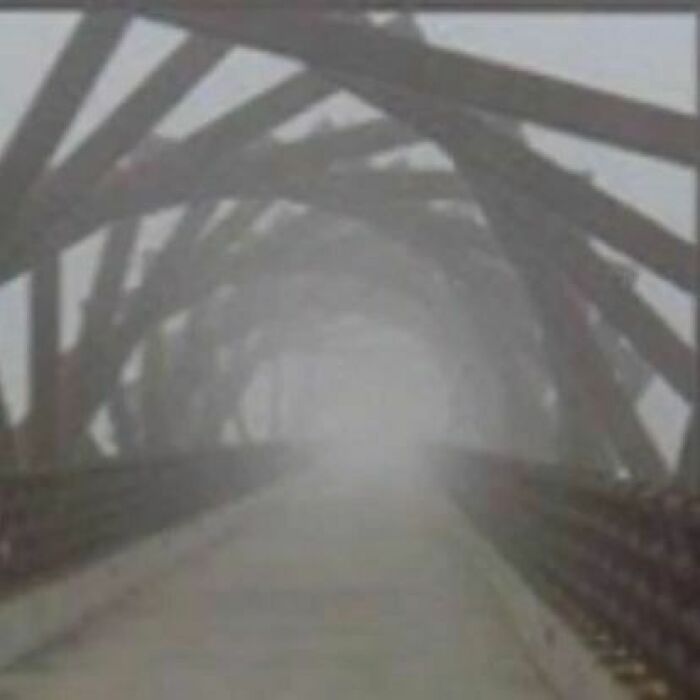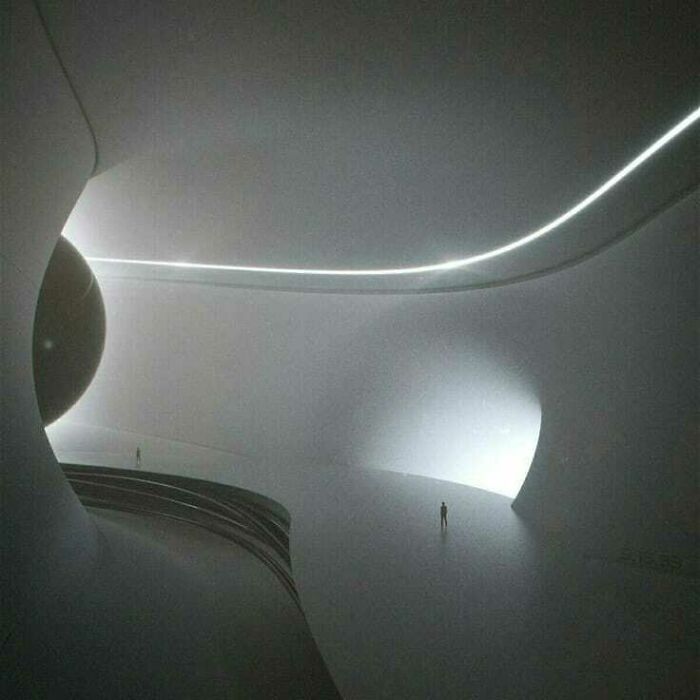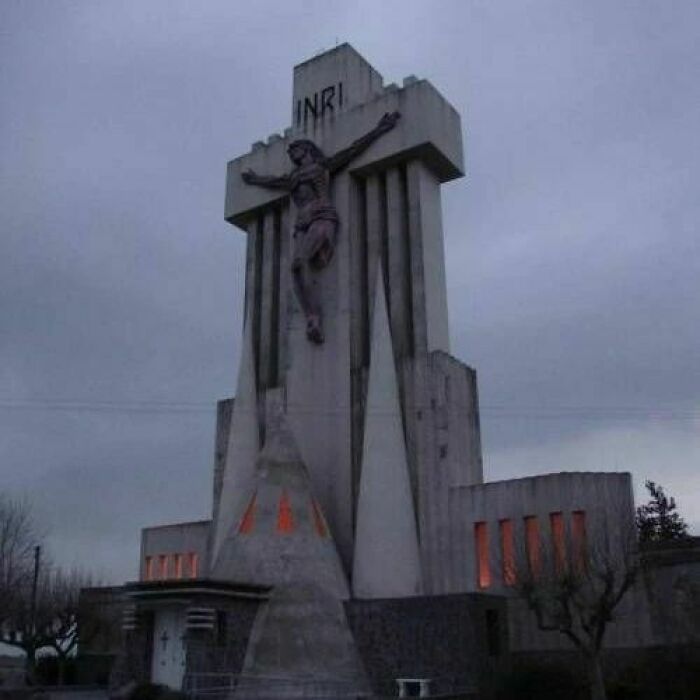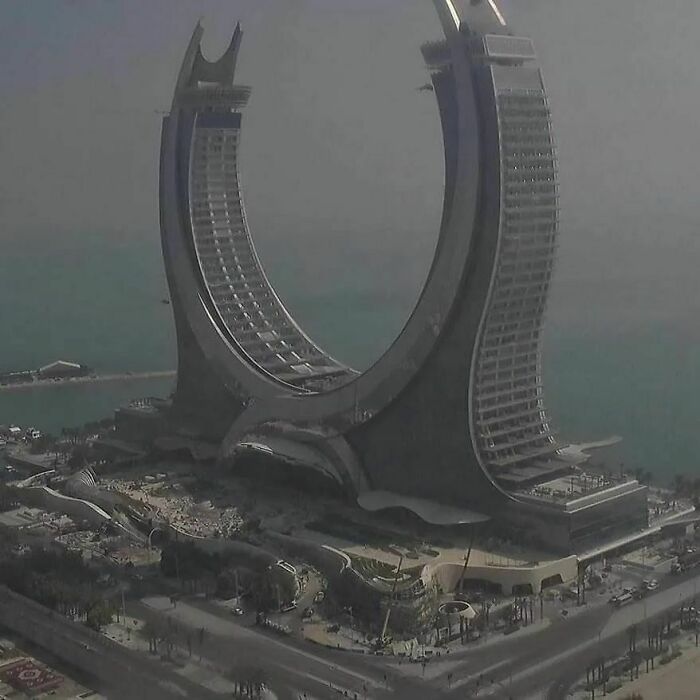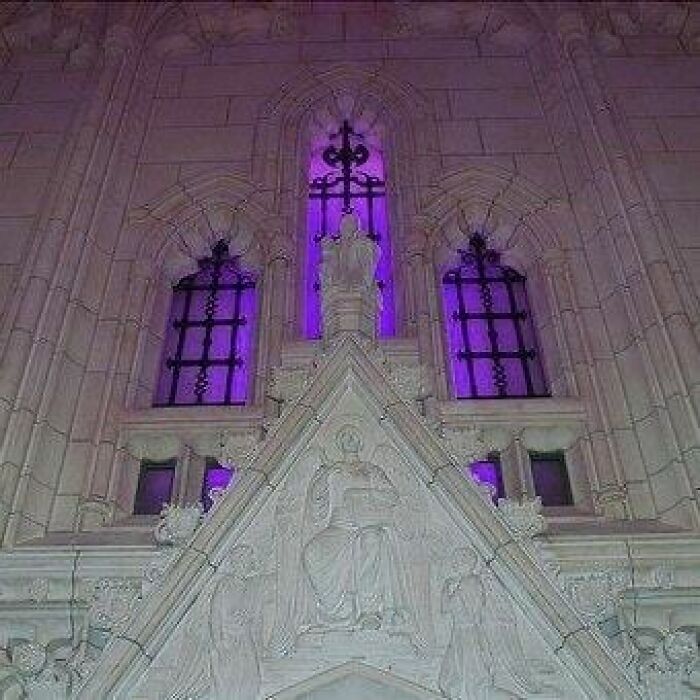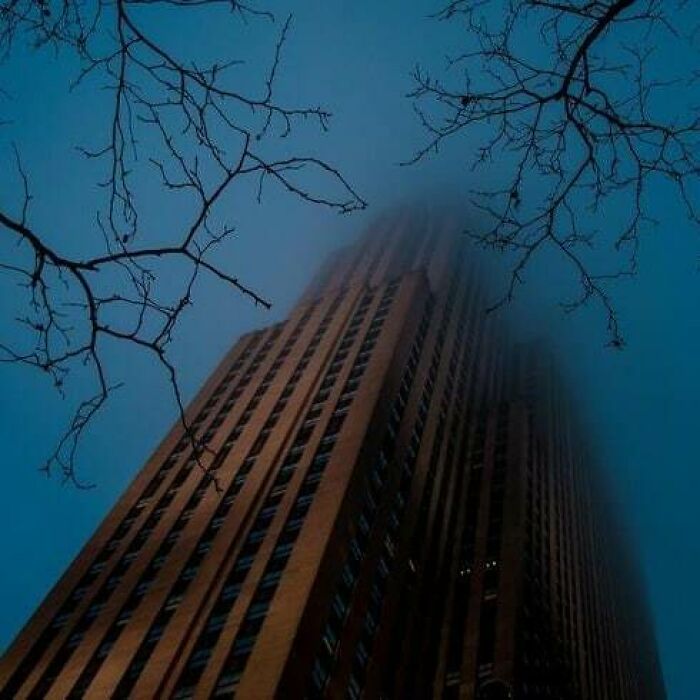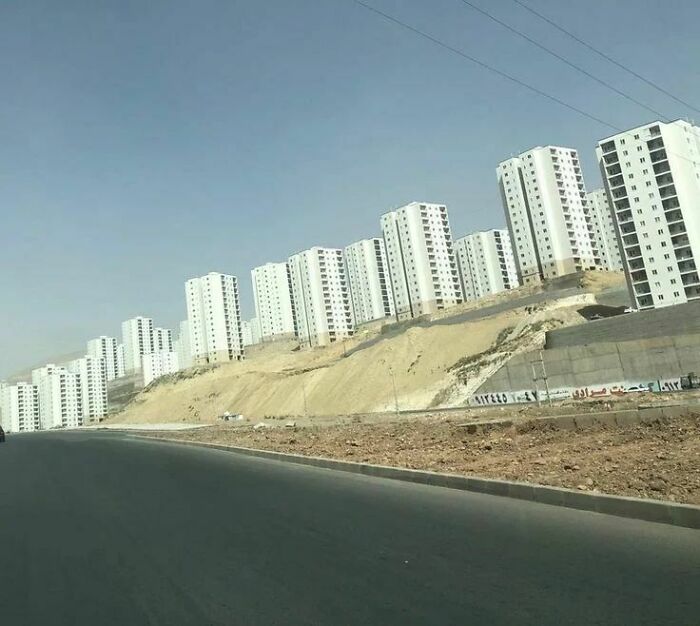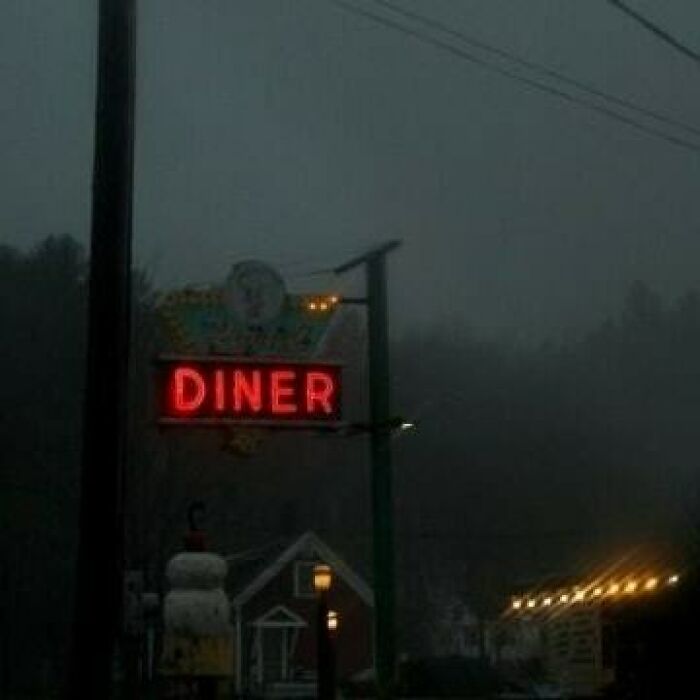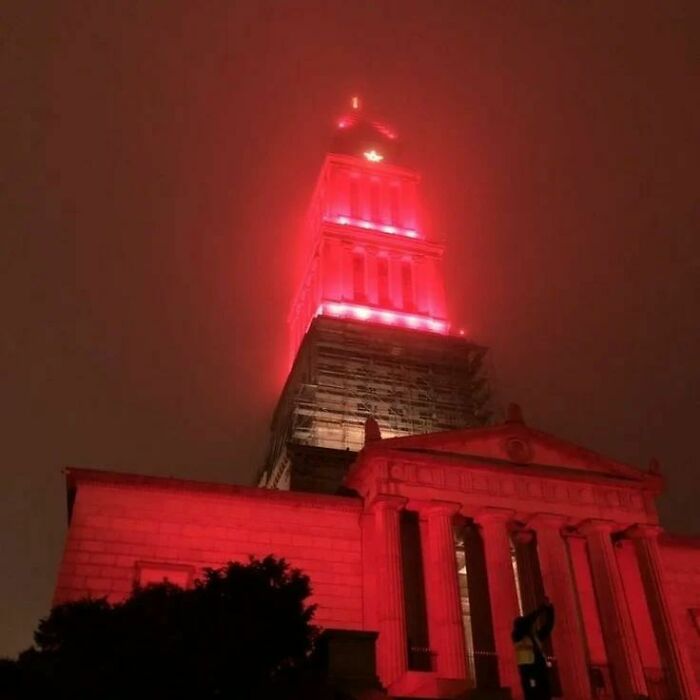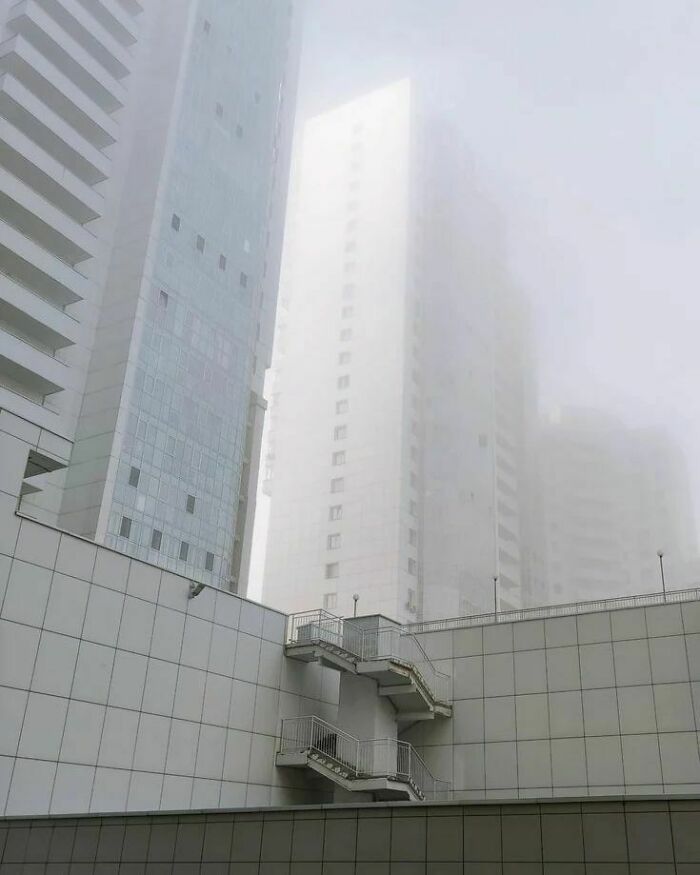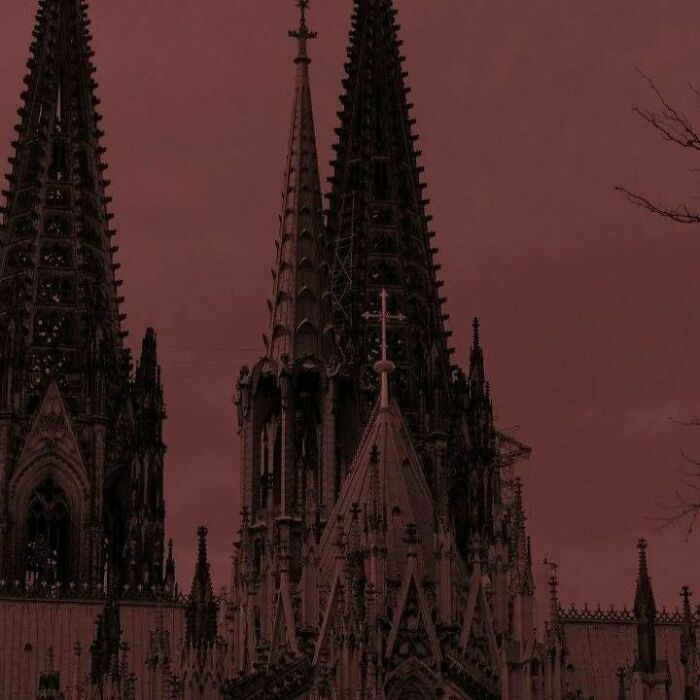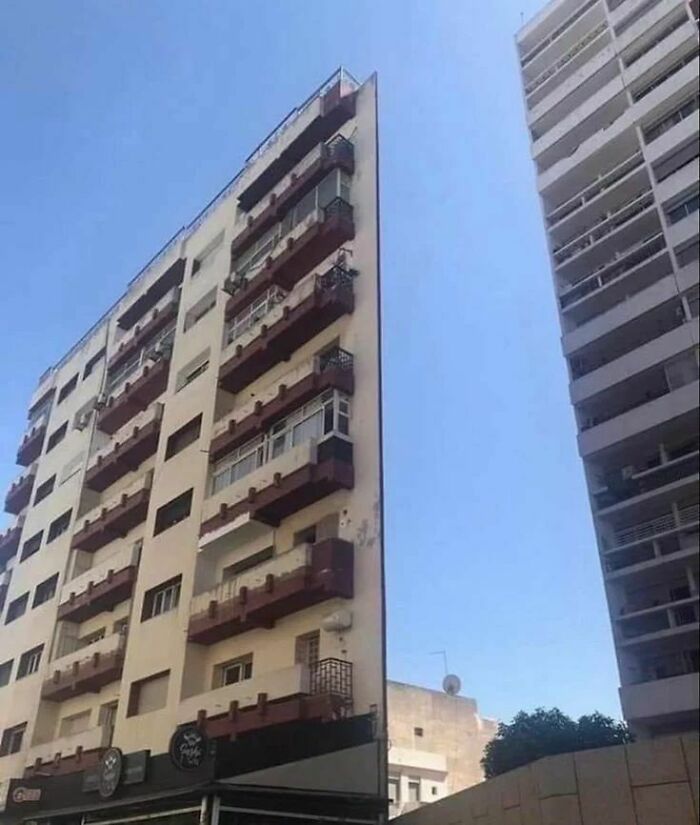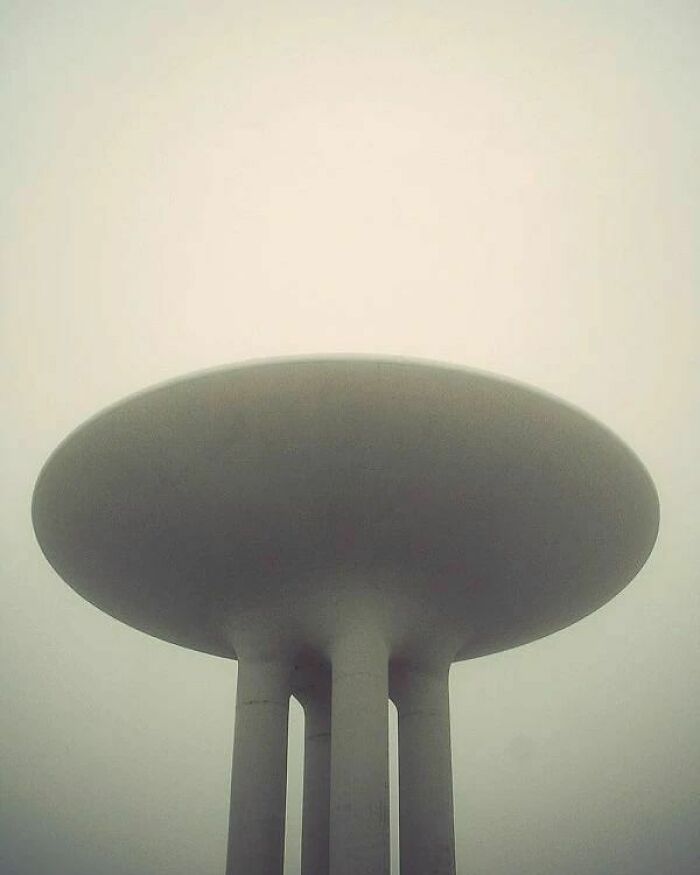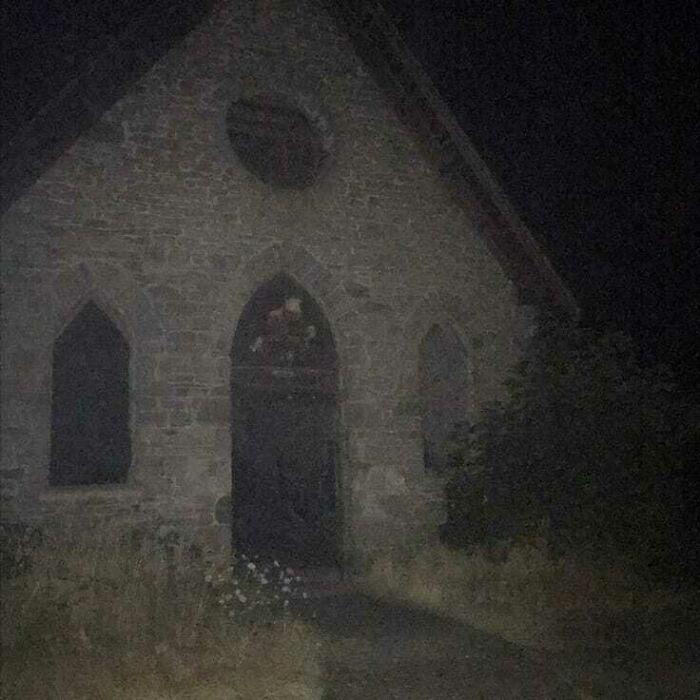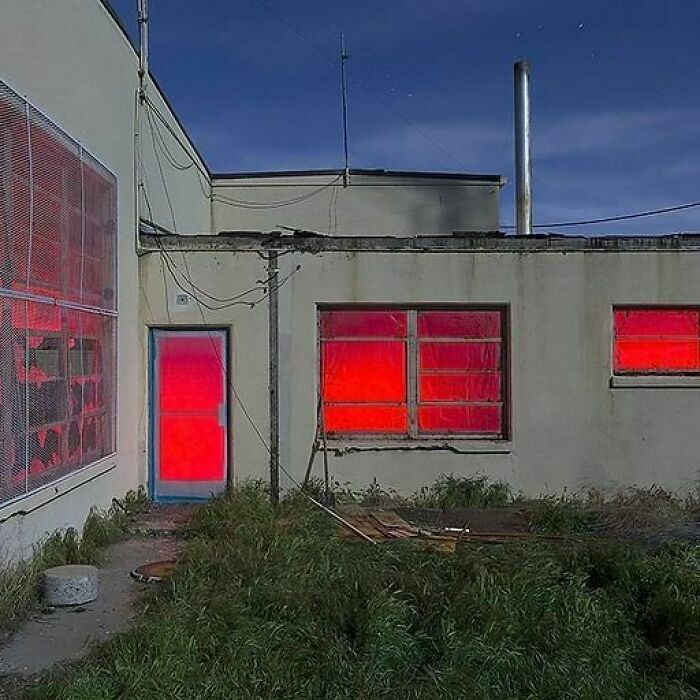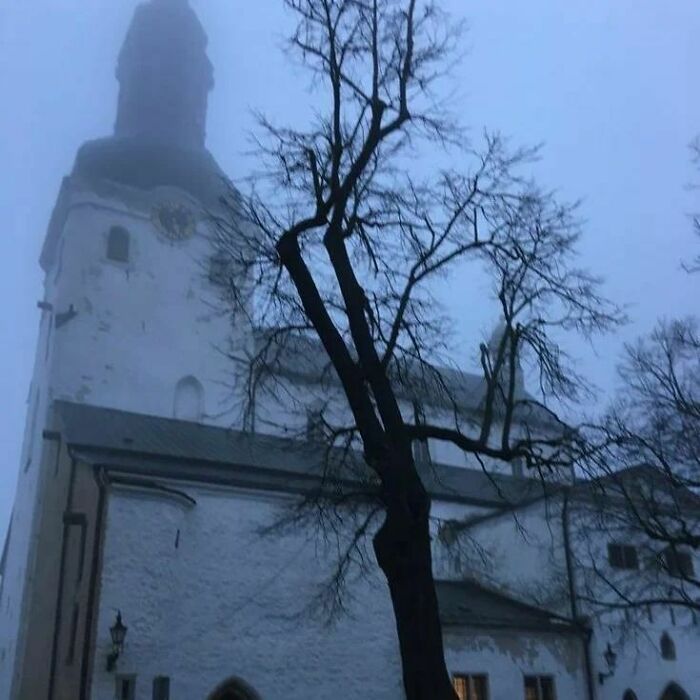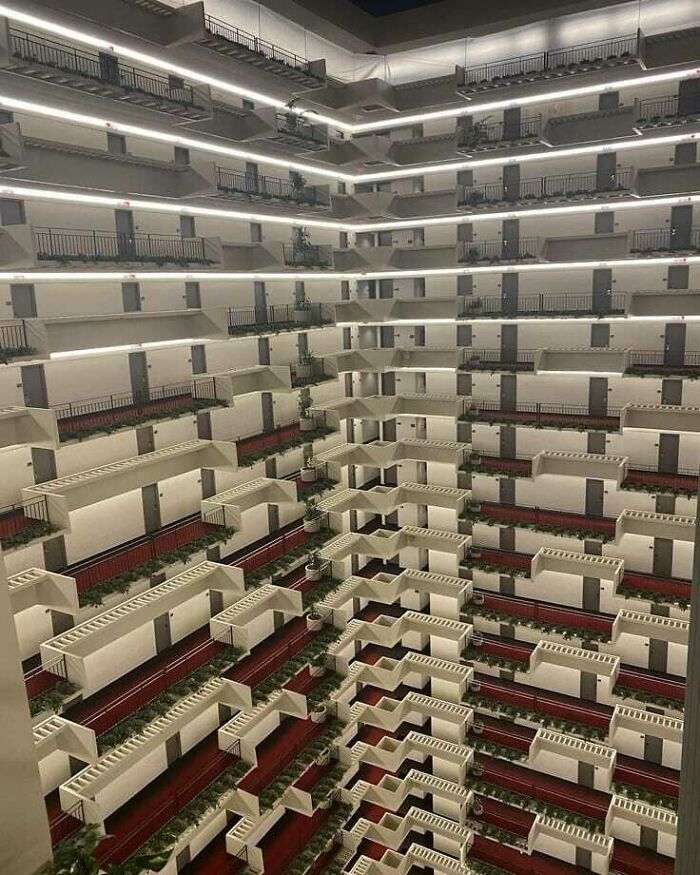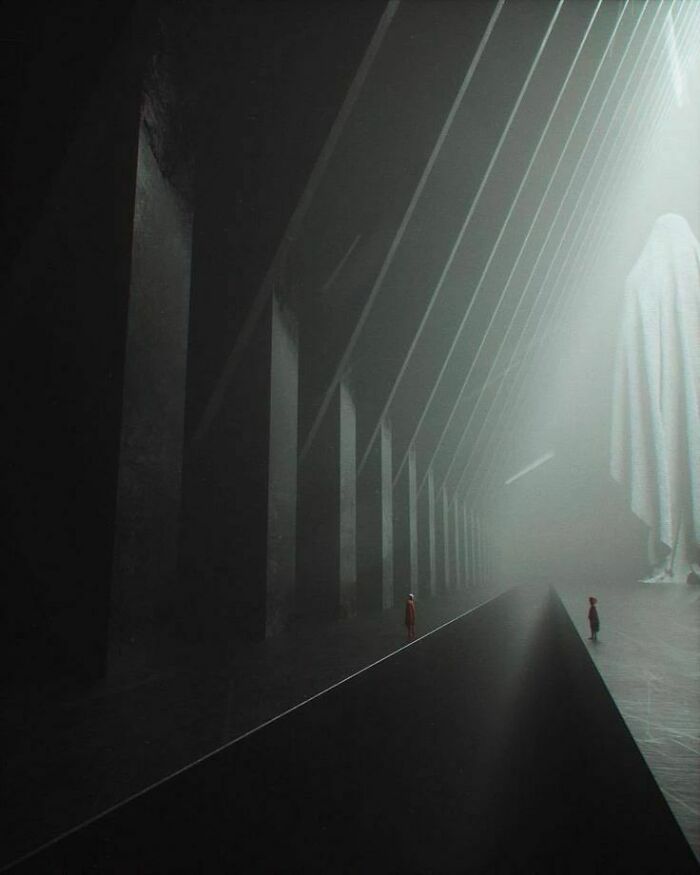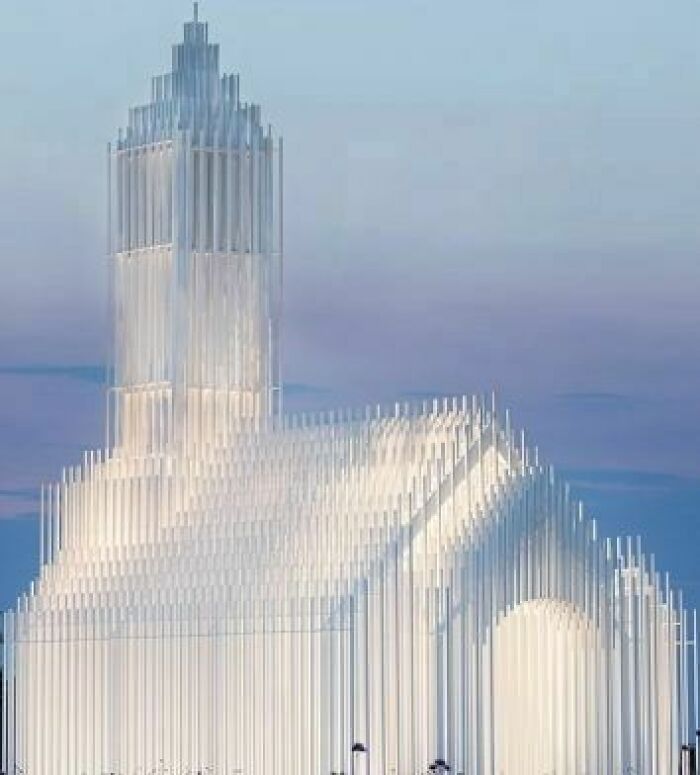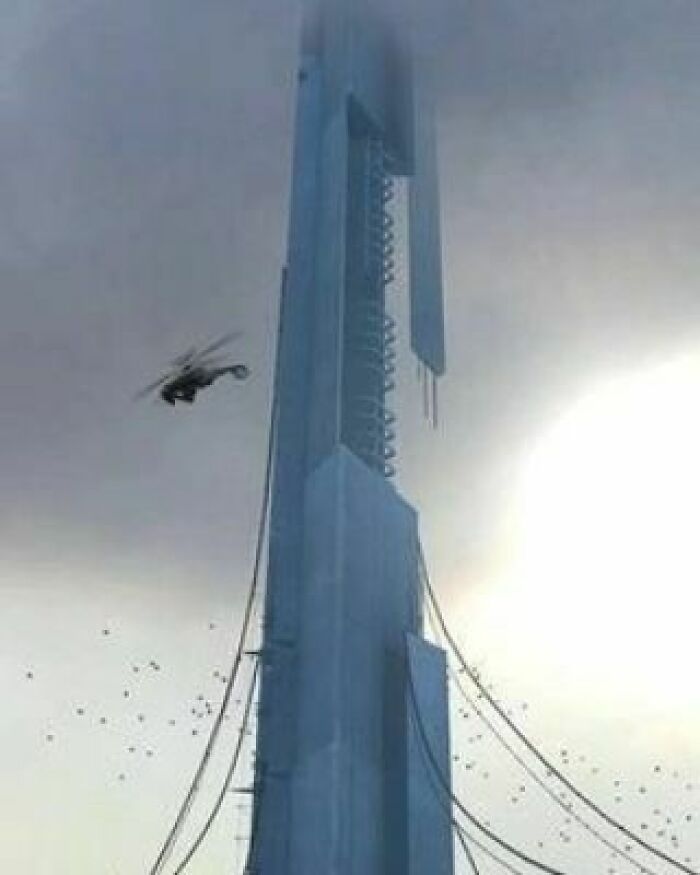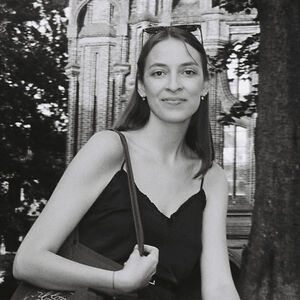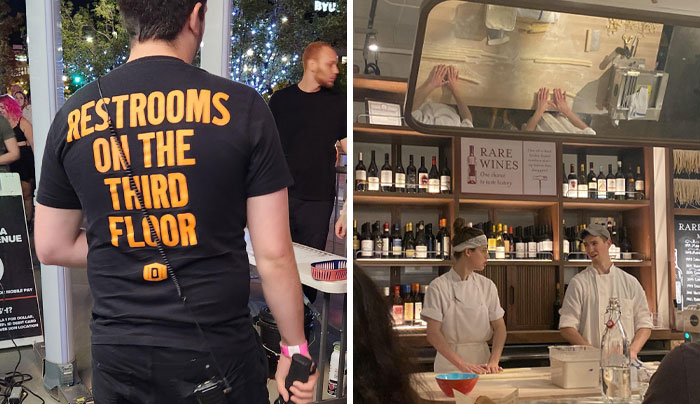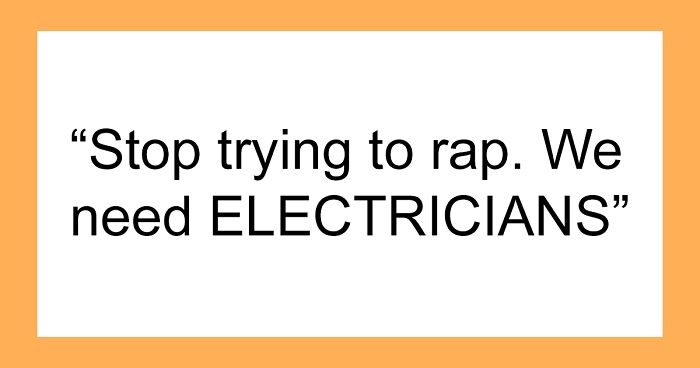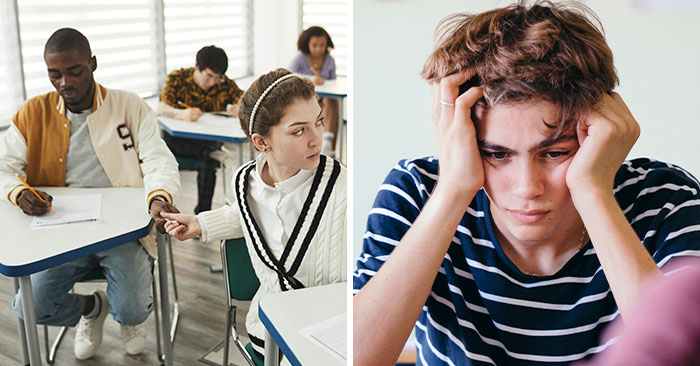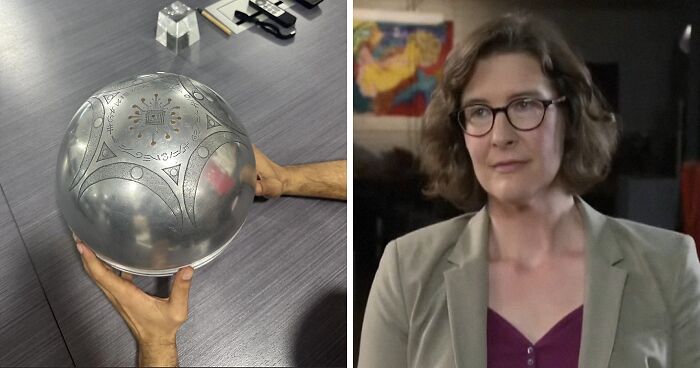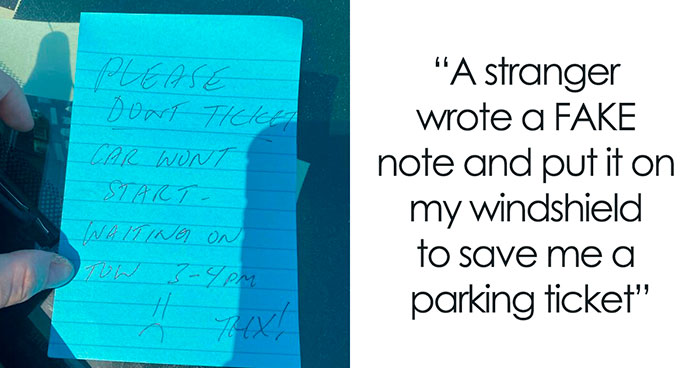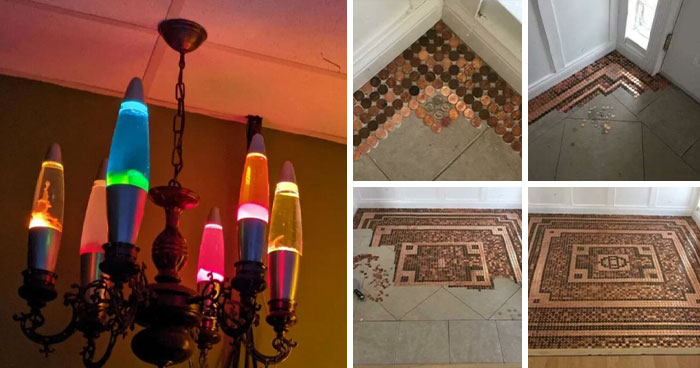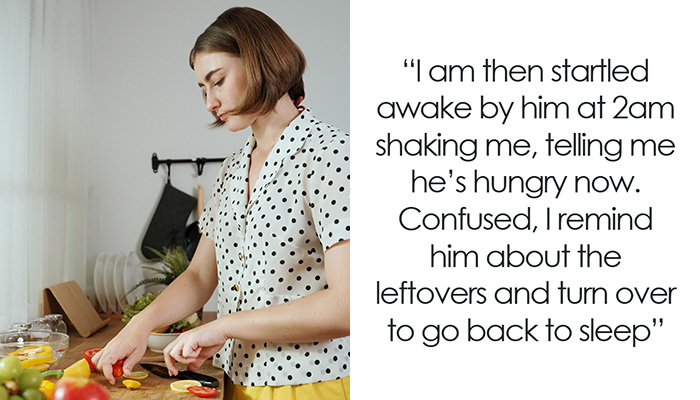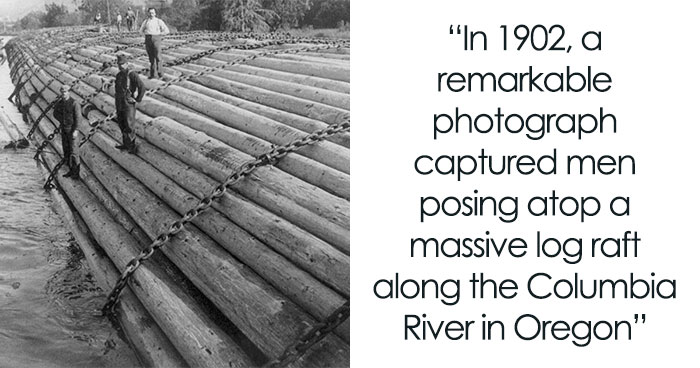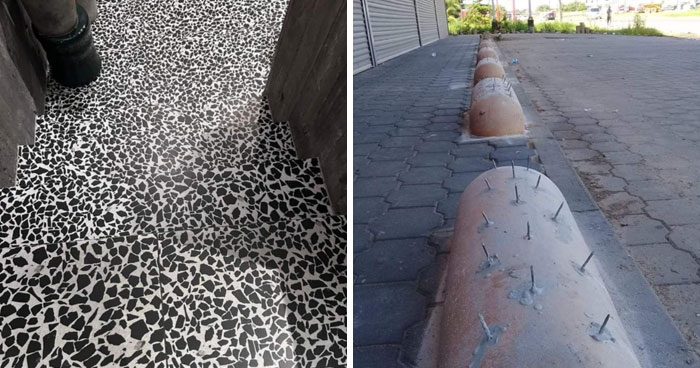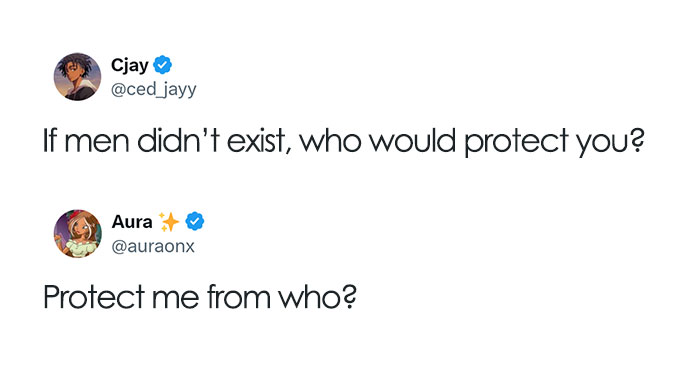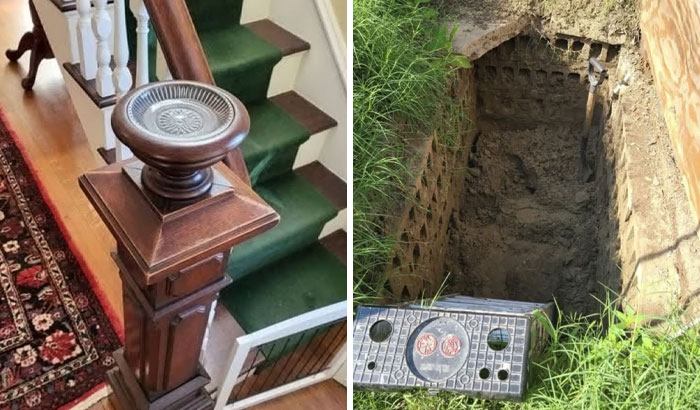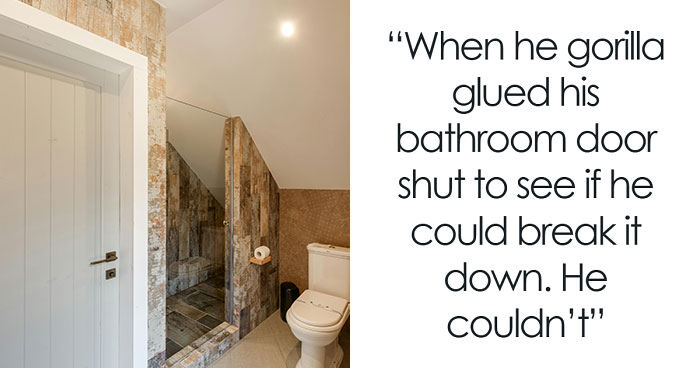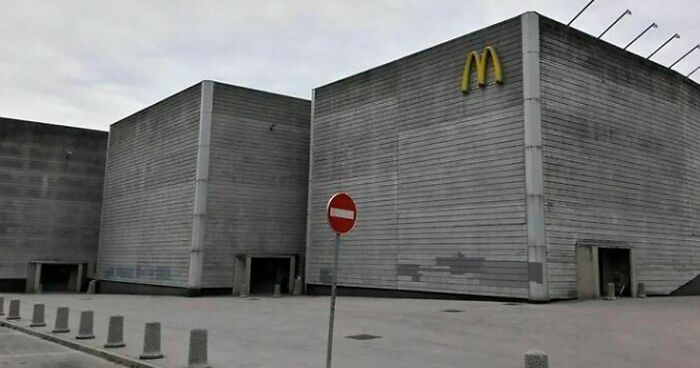
“Evil Buildings”: 50 Of The Strangest And Most Unique Constructions From Around The World
Welcome to “Evil Buildings”, an Instagram page dedicated to showcasing the captivating allure of strange and uncanny constructions spotted around the world. With more than 77 thousand followers, this community celebrates architectural marvels that seem straight out of a superhero movie, fit for a supervillain or an evil corporation. Sounds exciting, right?
So without further ado, we invite you to scroll down to dive into the captivating world of “Evil buildings”, and don't worry if you come face-to-face with the devil itself, the shivers down your spine only enhance the experience. As you explore the images, make sure to upvote your favorite ones and let us know in the comments which of these extraordinary places you would love to visit or perhaps even call home!
This post may include affiliate links.
Architecture has the ability to evoke a range of emotions. While some architectural features captivate us with their beauty and elegance, others have a strange ability to make us feel uncomfortable and uneasy. These eerie structures, often called "creepy," have a special way of making people react strongly when they see them. But what makes them so spooky? Why do certain architectural features have the uncanny ability to make us feel afraid, worried, or uneasy? We reached out to Francis McAndrew, Ph.D., the Cornelia H. Dudley Professor of Psychology at Knox College, to learn more about that.
According to the professor, as a result of evolution, our brains are naturally programmed to be cautious in places that could potentially be risky or dangerous. “Thus, we get creeped out by places that lack what psychologists call ‘legibility.’ Legible environments are easy for us to navigate in. We feel as if we can wander around and not get lost. Creepy places lack legibility. There are a lot of hiding places for bad things that may be out to get you and escape might be difficult because it would be easy to get lost in such a place. Architectural features that make a place seem confusing or unsafe may give us the creeps.”
While fear and creepiness may evoke discomfort and unease, McAndrew shared that getting creeped out places us on our guard and prepares us for threats that we may suddenly have to deal with. So, there are benefits to experiencing fear.
That looks like a big ol nope. I know the story of Headless Horseman and you won't trick me.
Fear and creepiness, those mysterious feelings that send shivers down our spines, often come from the way our imagination and the unknown interact. Our minds have an amazing ability to create detailed pictures in our heads and try to make sense of things we don't fully understand. According to McAndrew, creepiness is all about uncertainty and ambiguity. “We do not know for sure if there are scary things lurking in dark basements and attics, but imagining that they might be keeping us vigilant and wary in the uncertain environment.”
Have you ever wondered why some people seem more susceptible to fear or being creeped out than others? McAndrew explained that people who prefer things to be clear and feel uneasy when faced with ambiguity and uncertainty are more likely to be easily creeped out compared to those who are more comfortable with uncertain situations. Which one are you? Let us know in the comments!
Nah, not scary. Just some farmer expressing his faith. A light up cross (or Jewish star - whatever) in the middle of a farmer's field is nothing really. It's the nut jobs screaming at women outside a clinic WBC screaming at gays about how God hates them. That's the scary stuff IMO. And unfortunately every religion seems to have some.
Is this like a reflection on a window and the rest has been edited out?
Again, Silent Hill. I'm not saying the game traumatized me but it did make me cautious
10/10 would allow myself to be murdered sneaking into charity hospital.
It looks like a birdhouse, but needs one of those little pegs in front to stand on.

 Dark Mode
Dark Mode 

 No fees, cancel anytime
No fees, cancel anytime 



